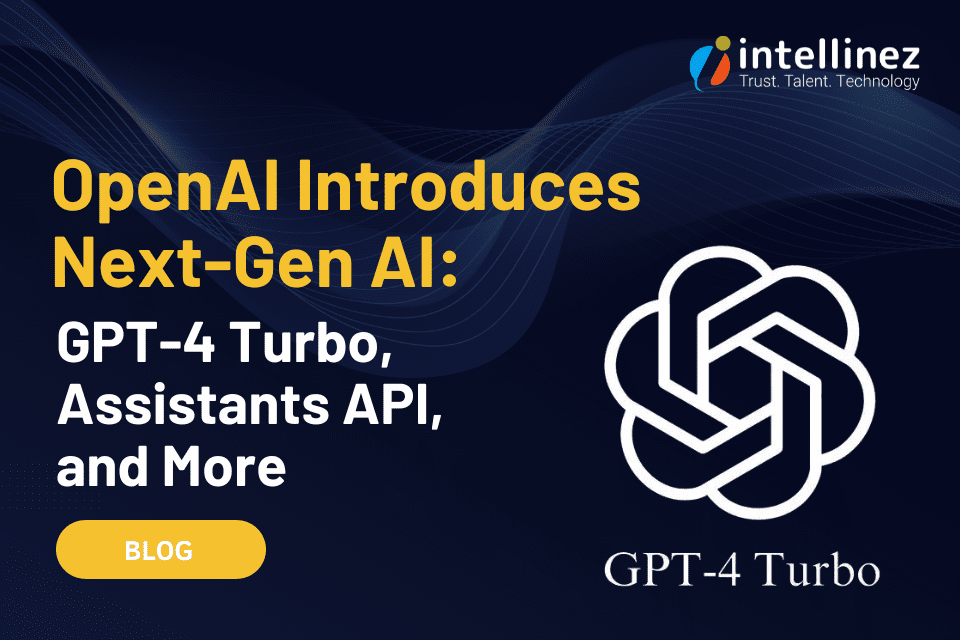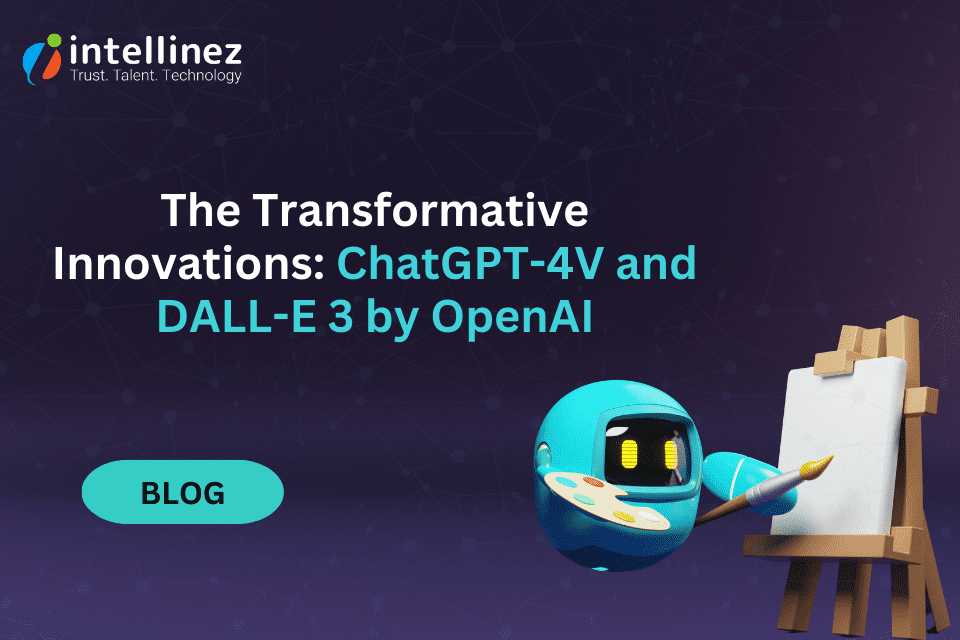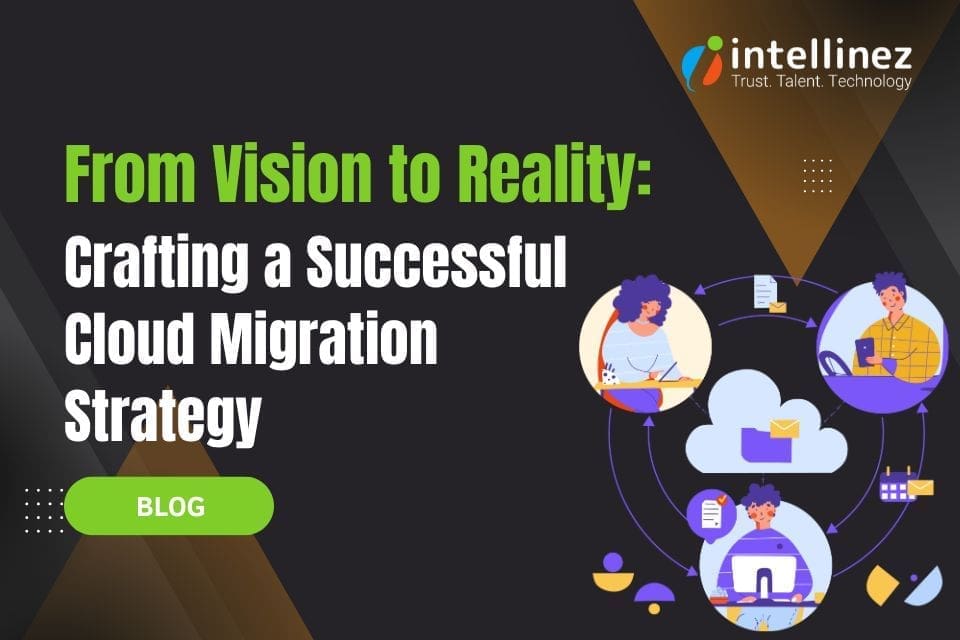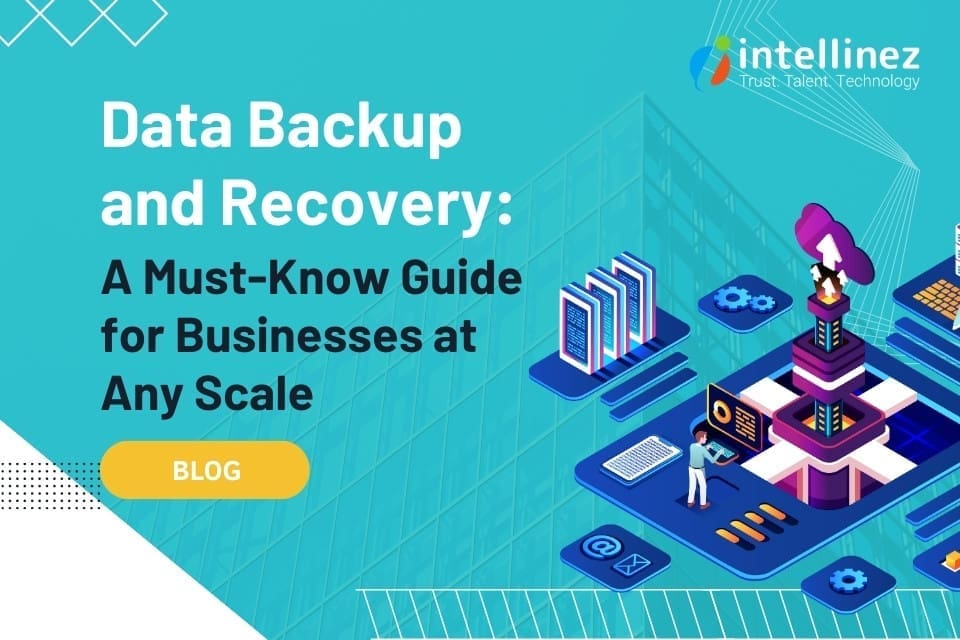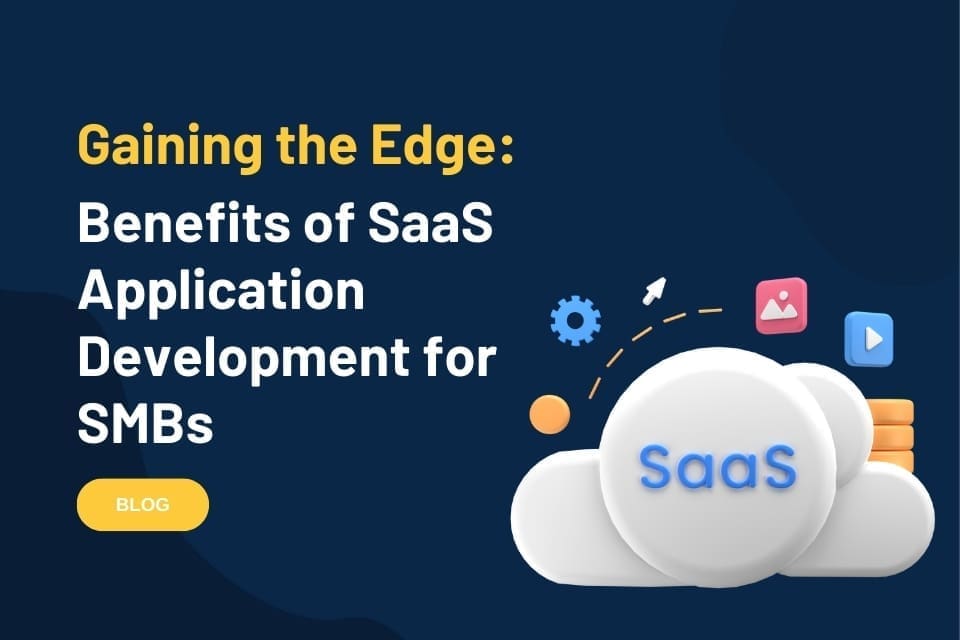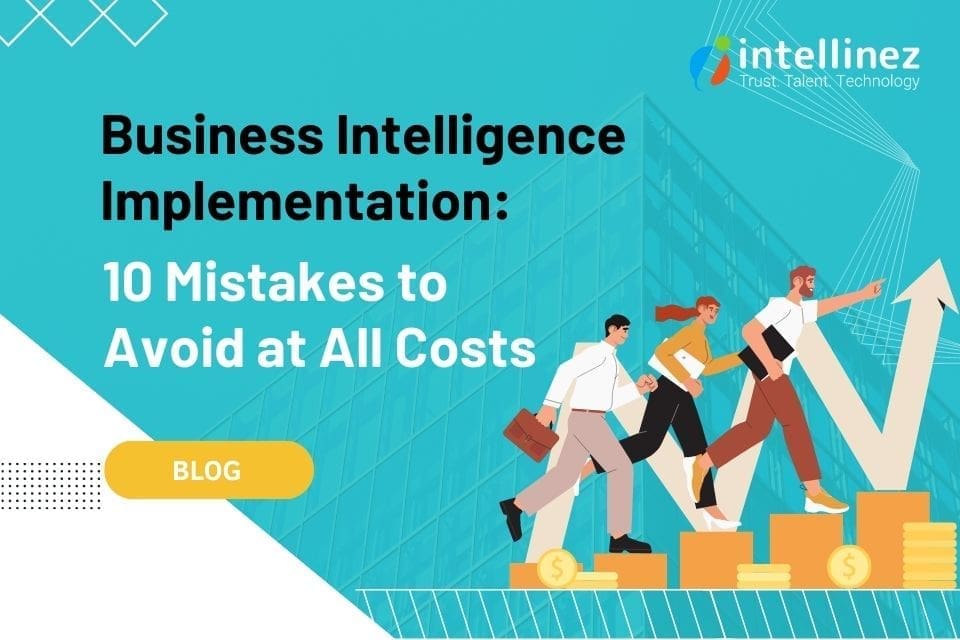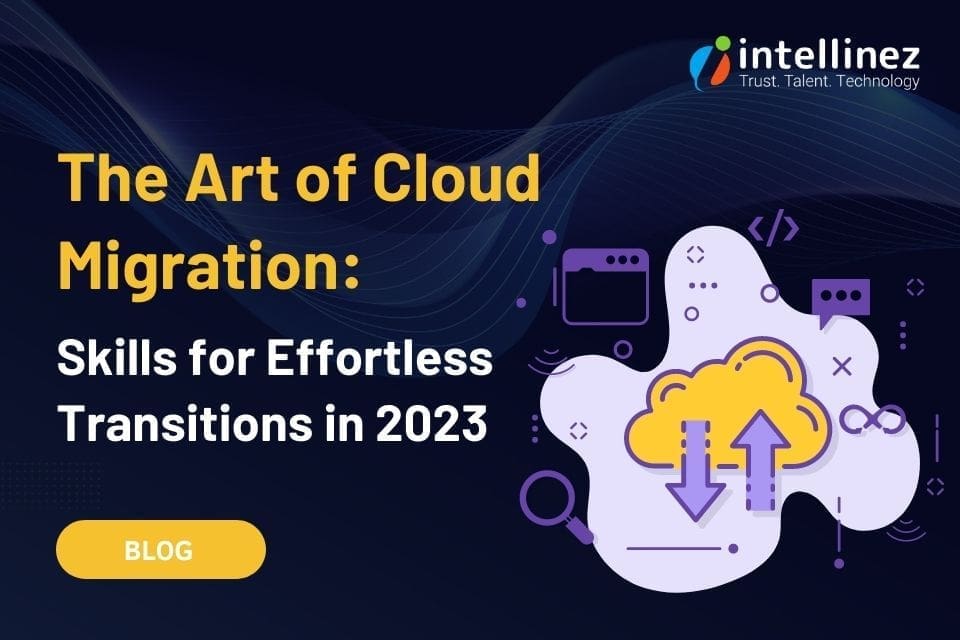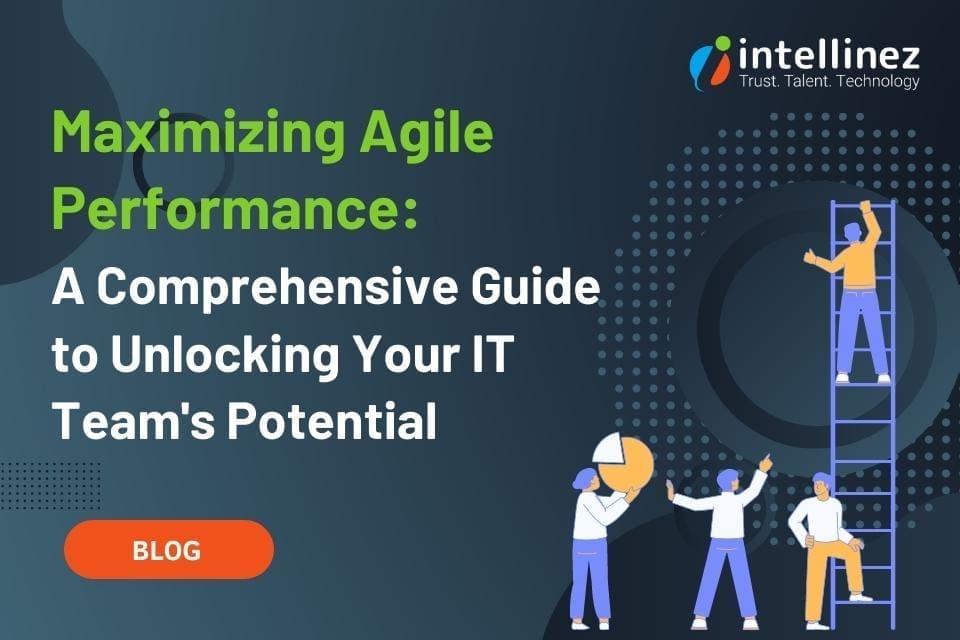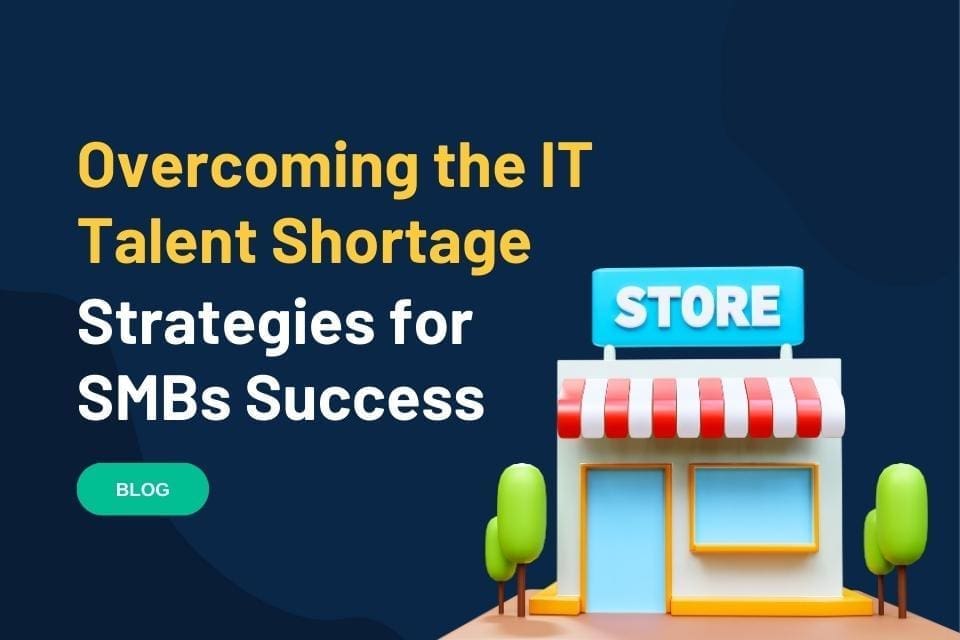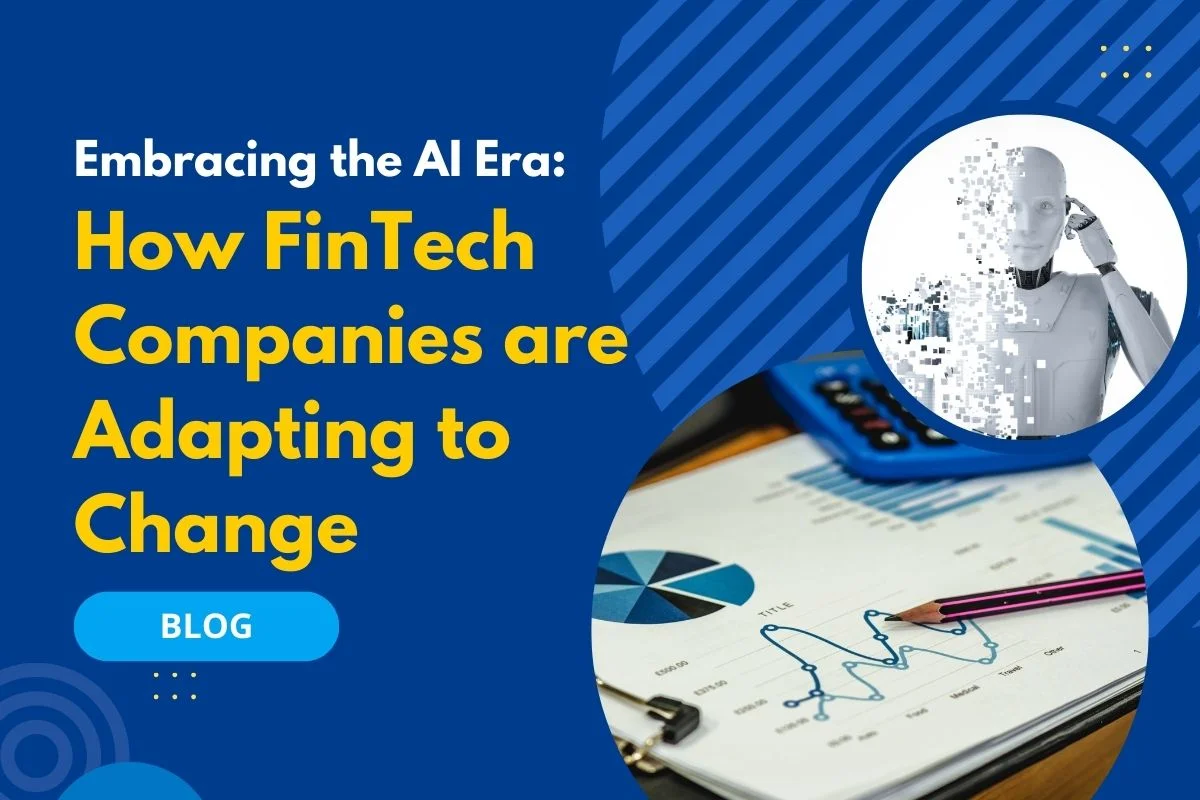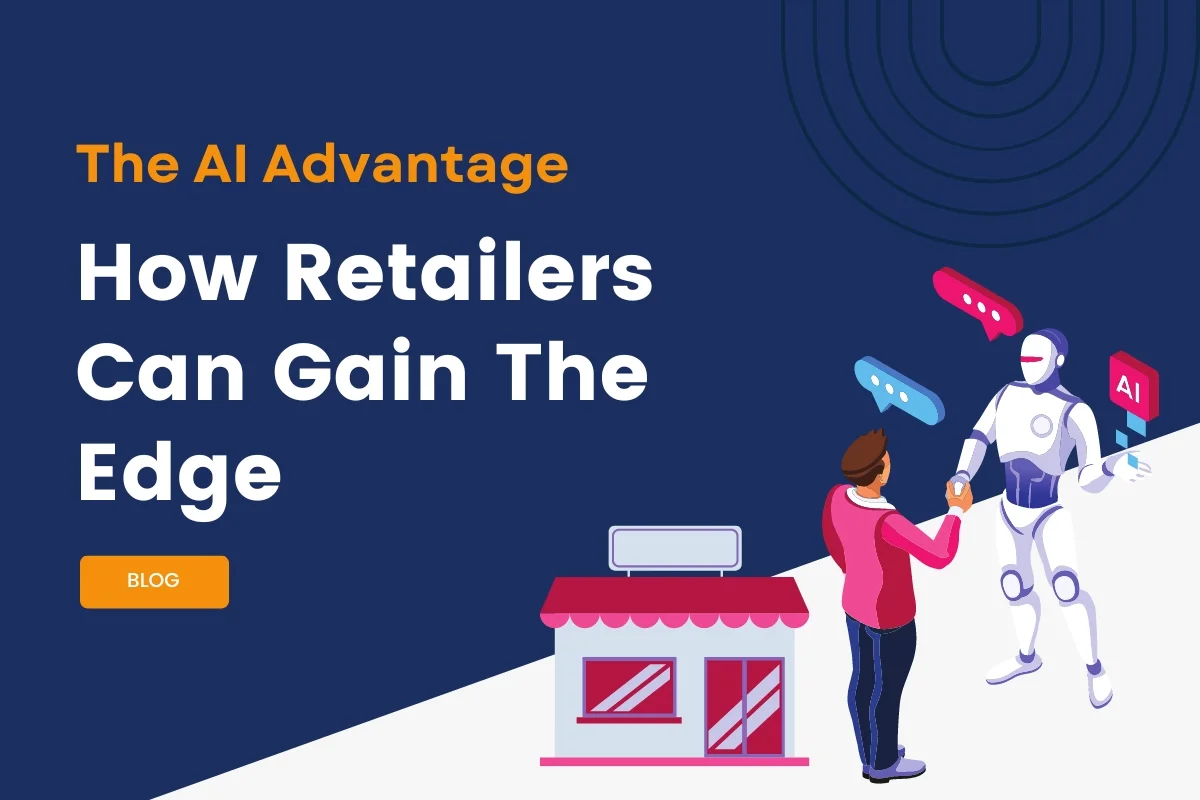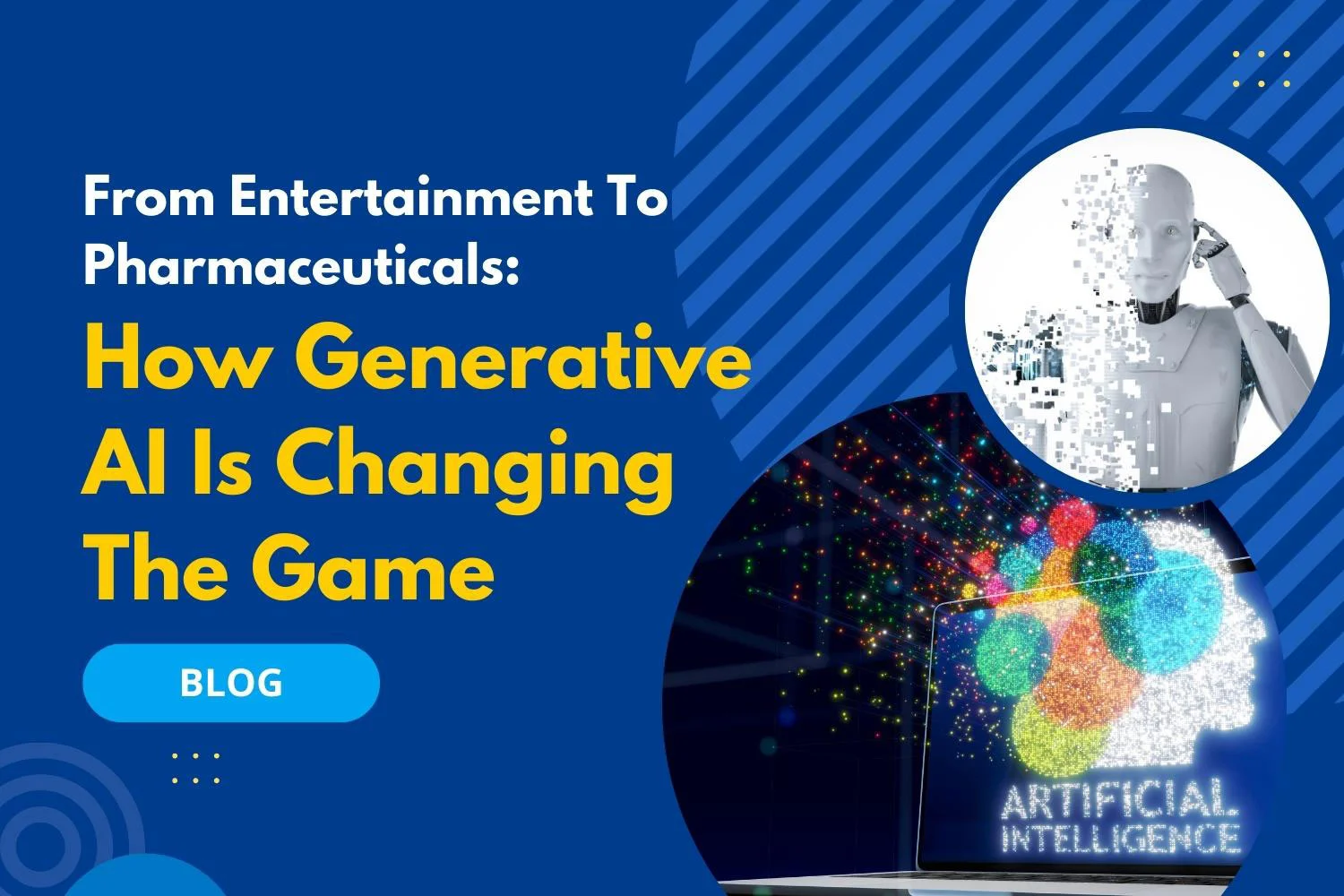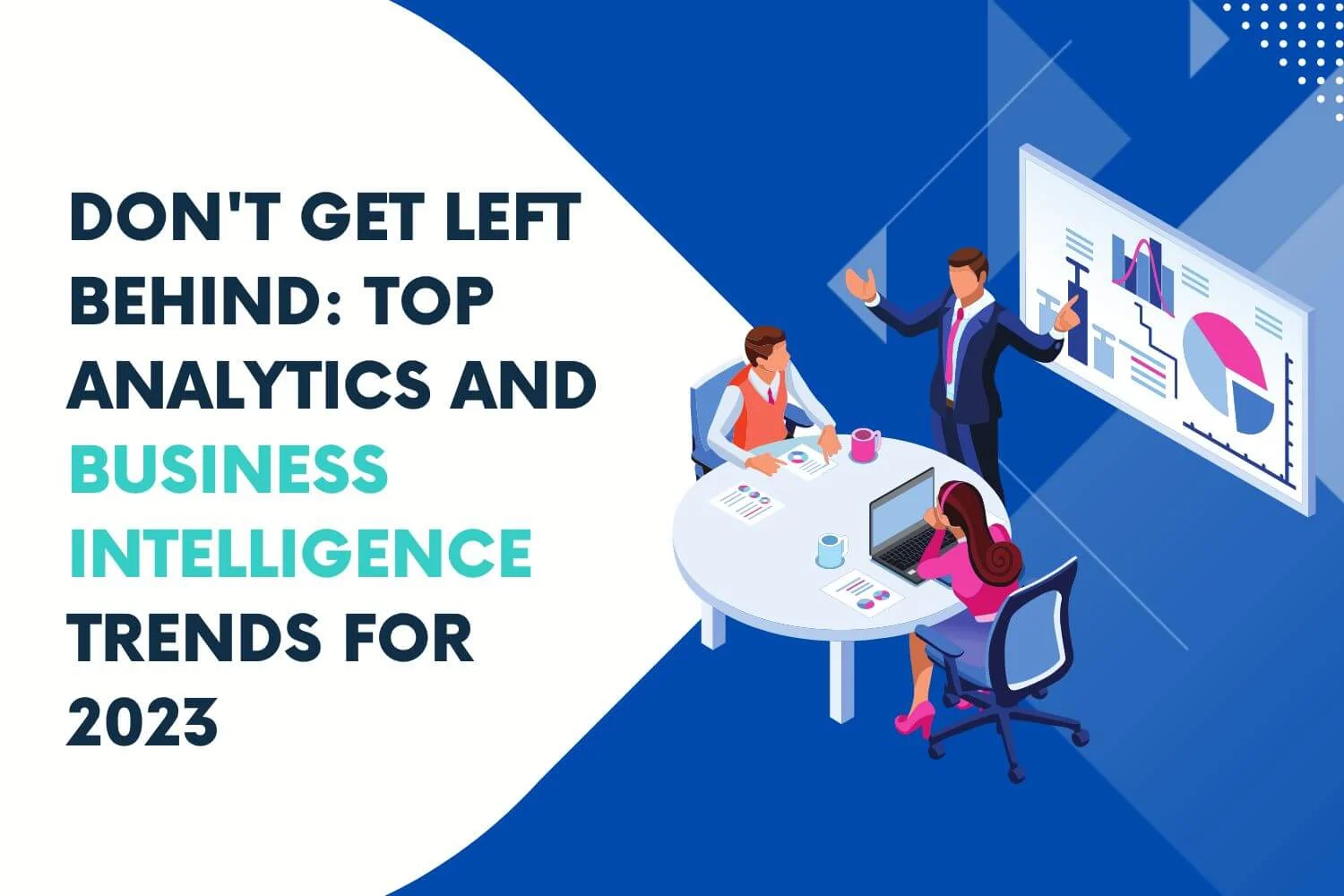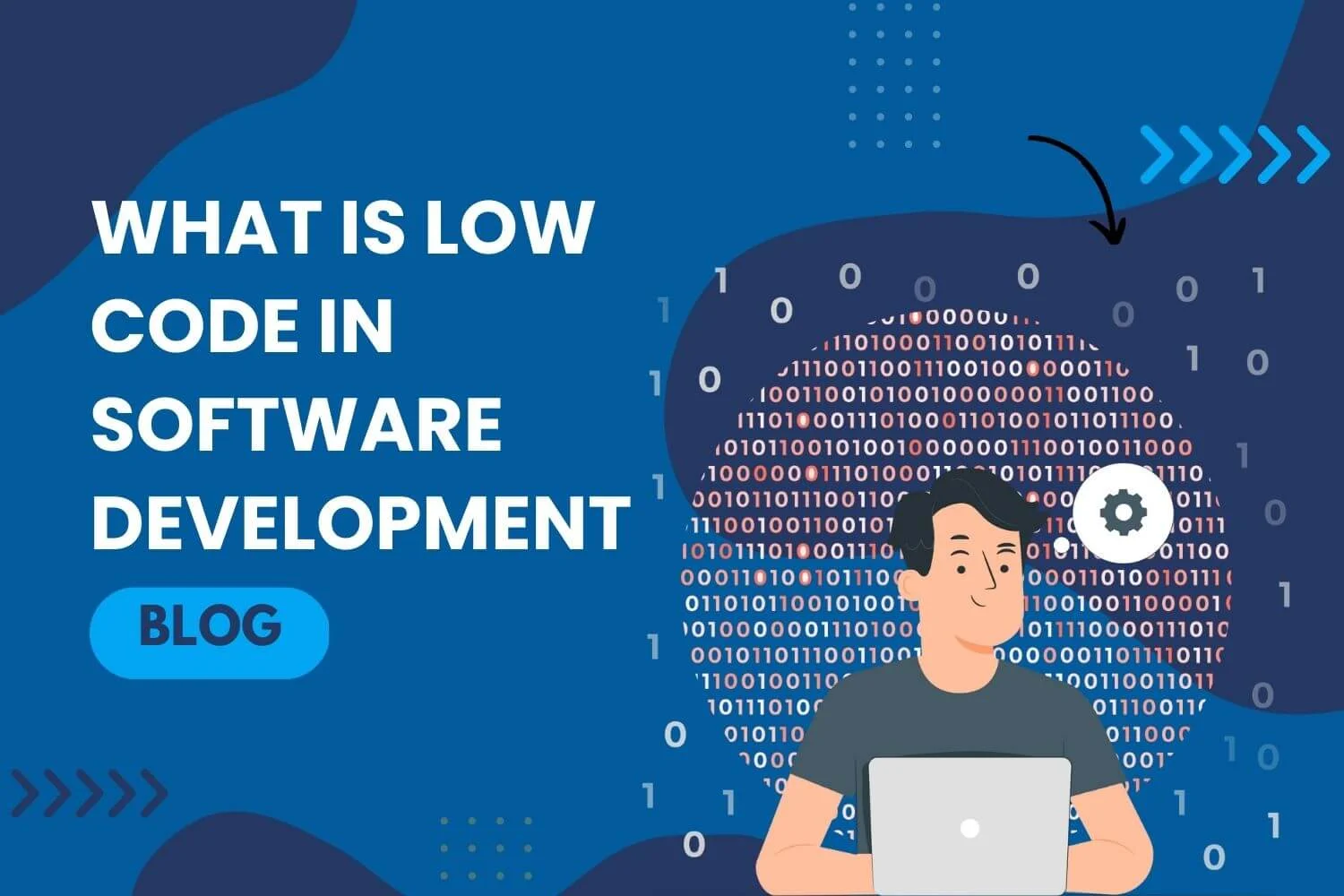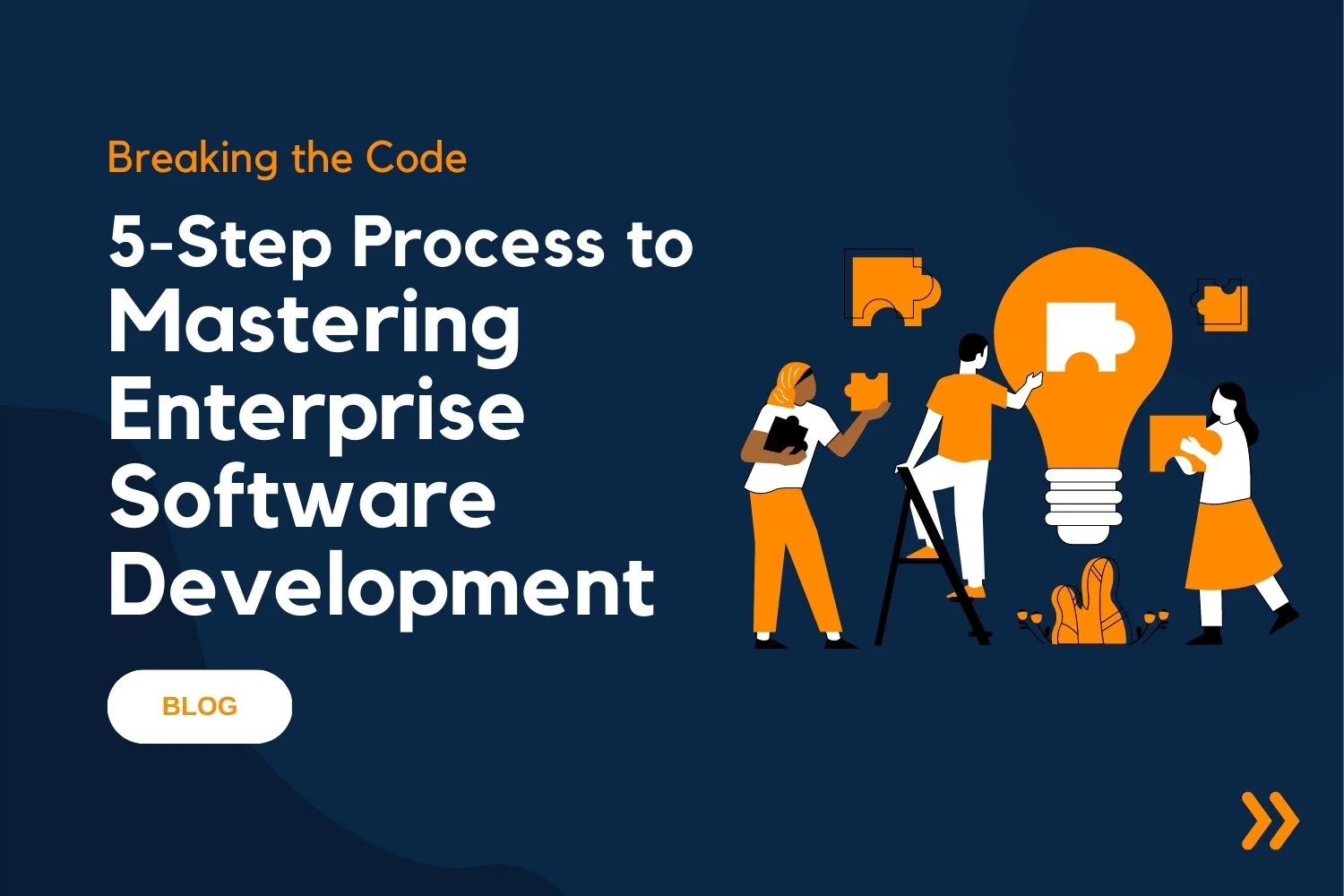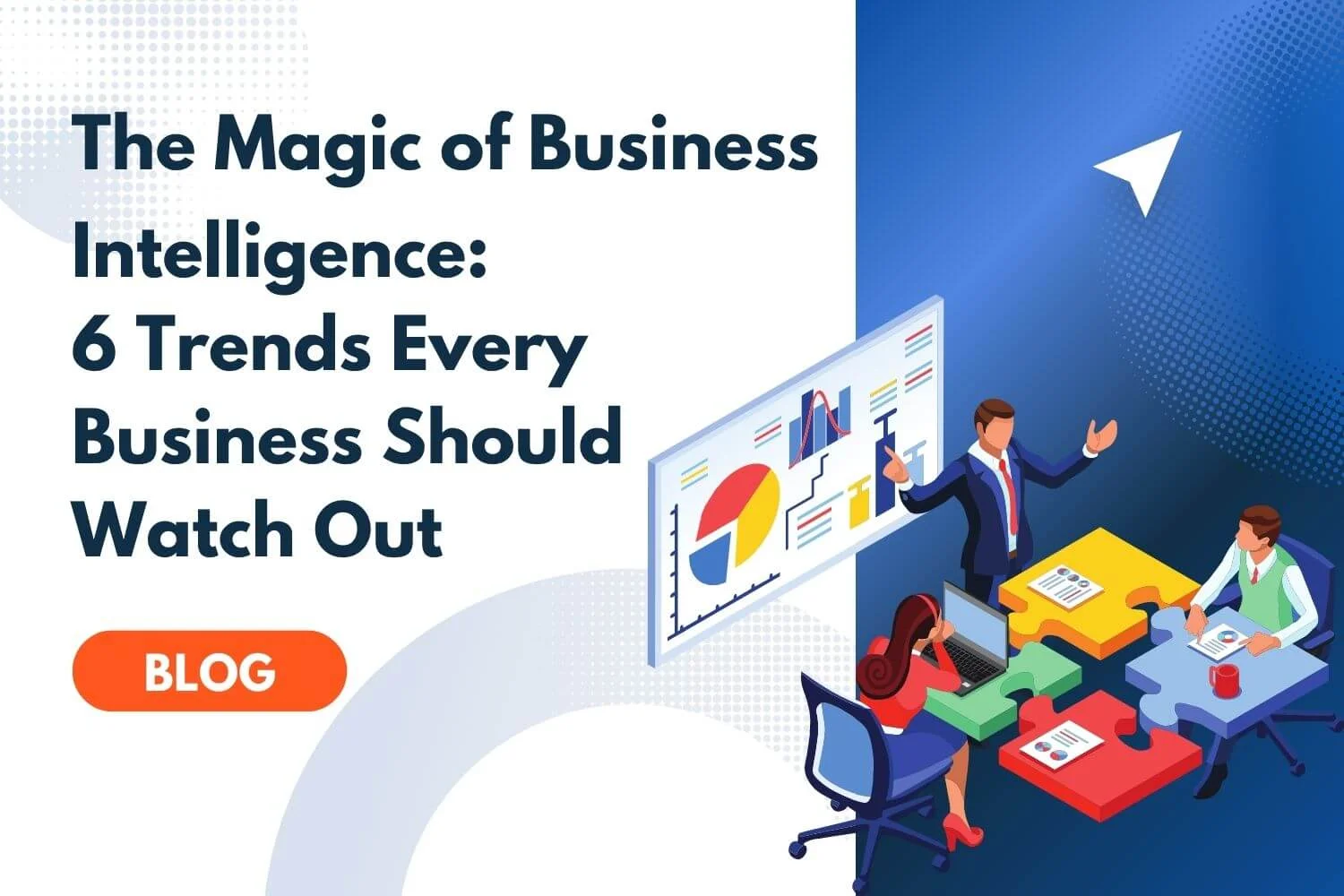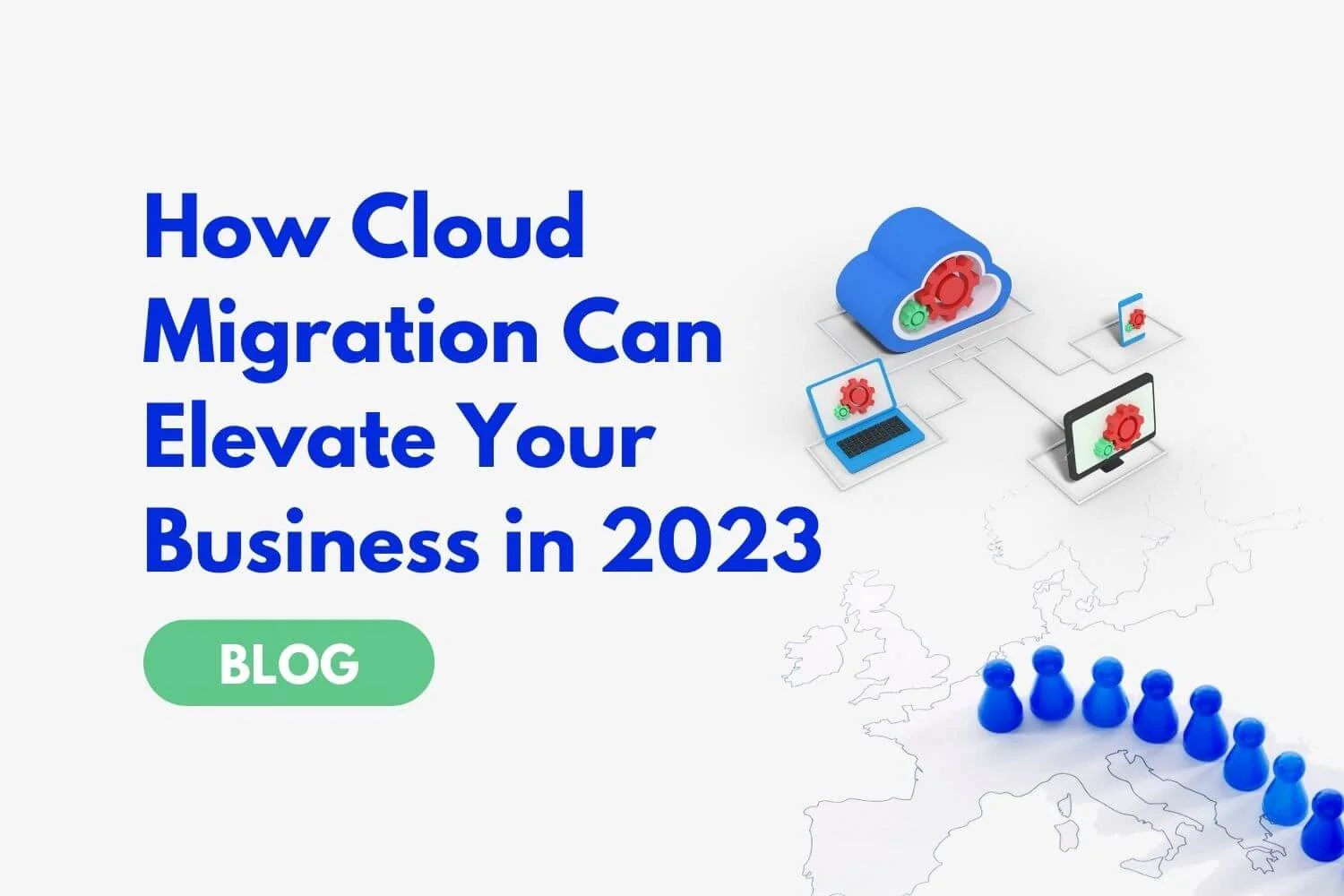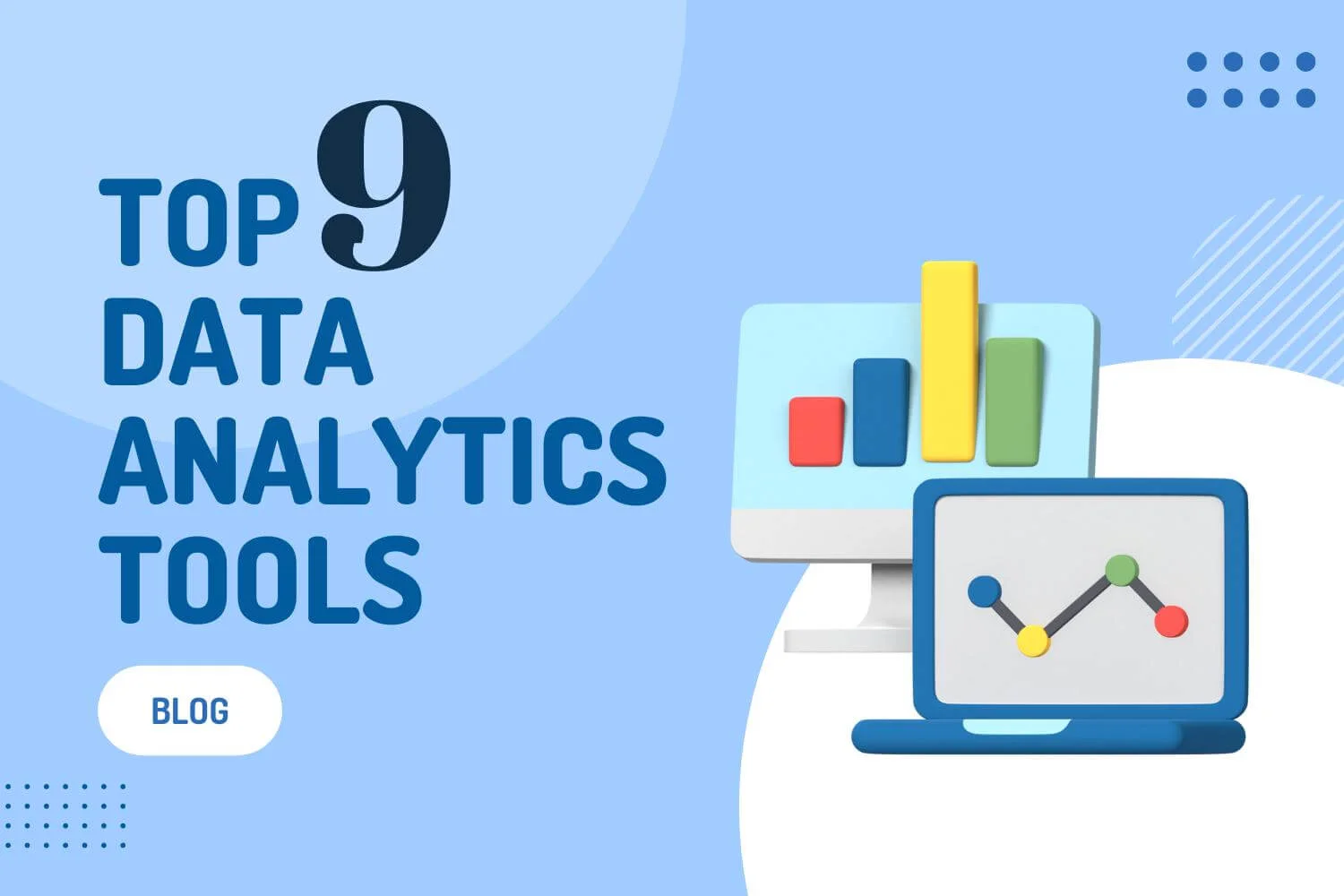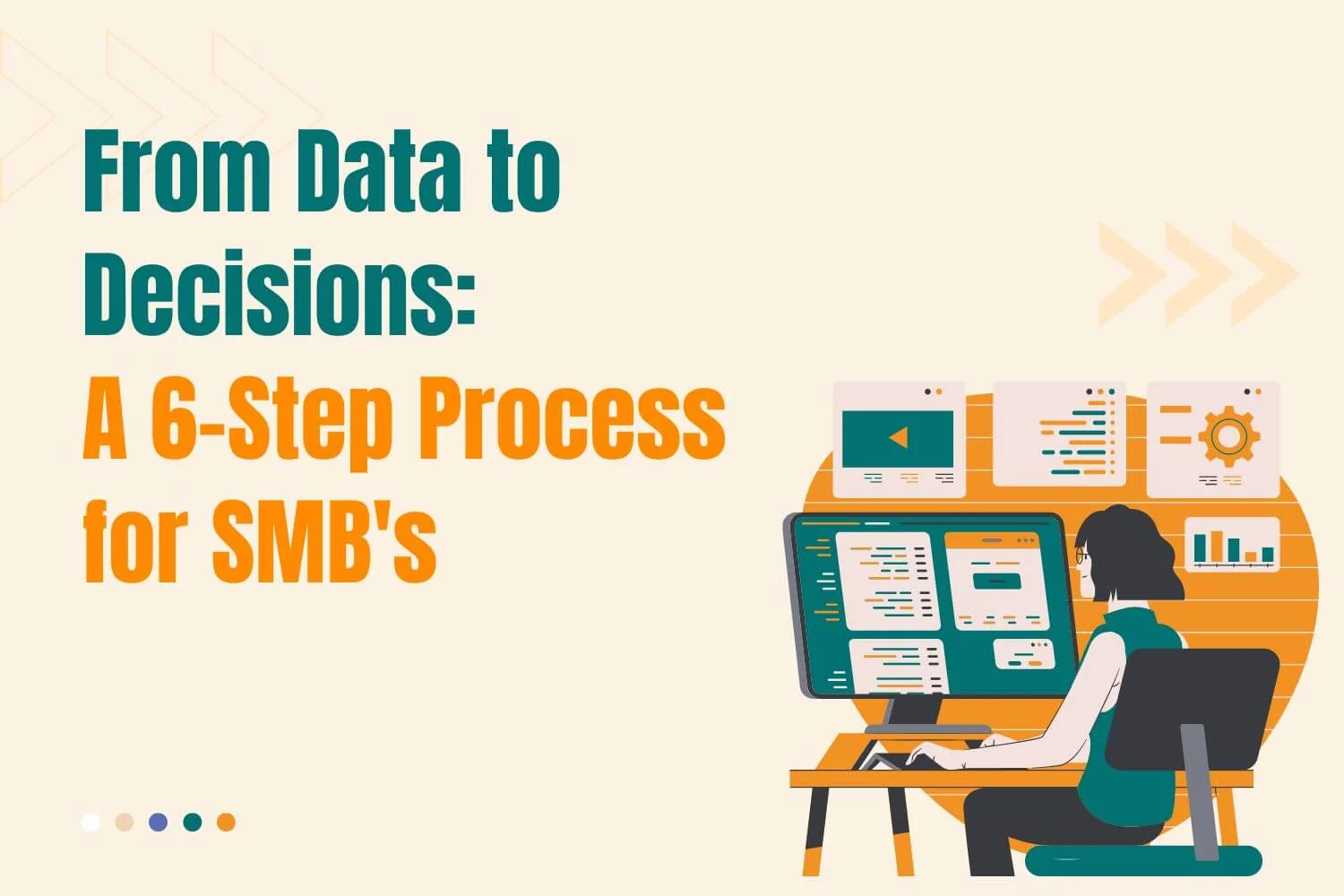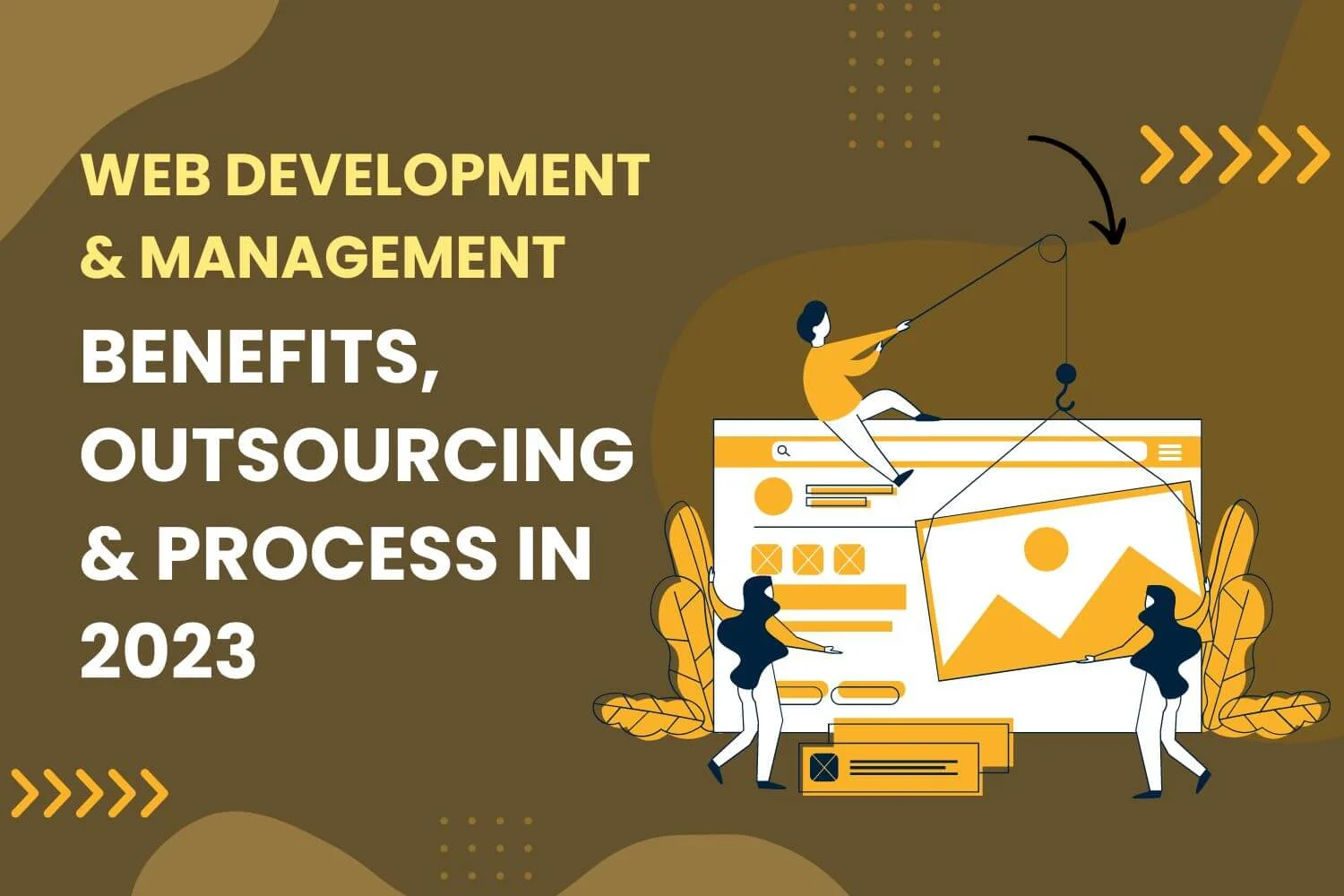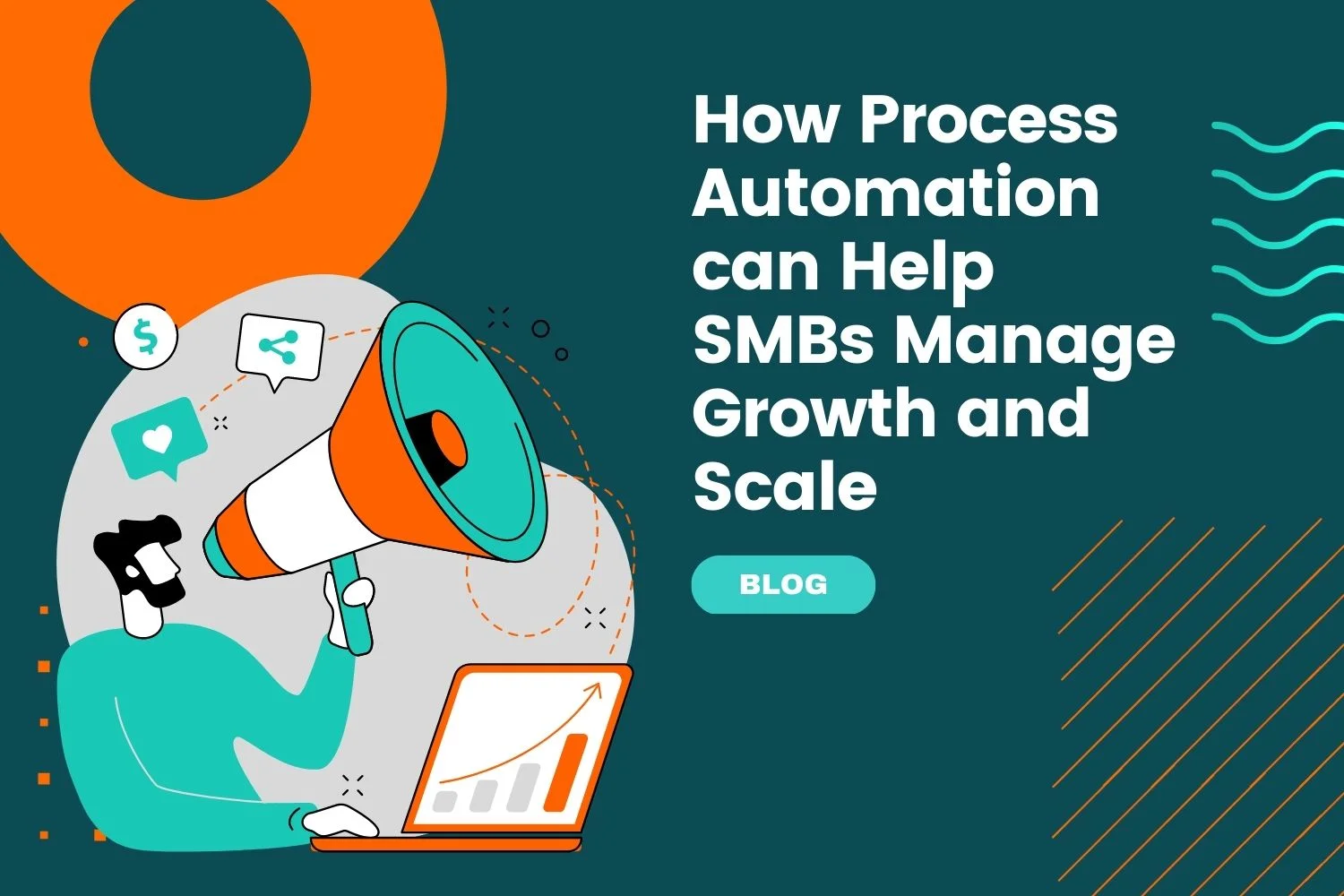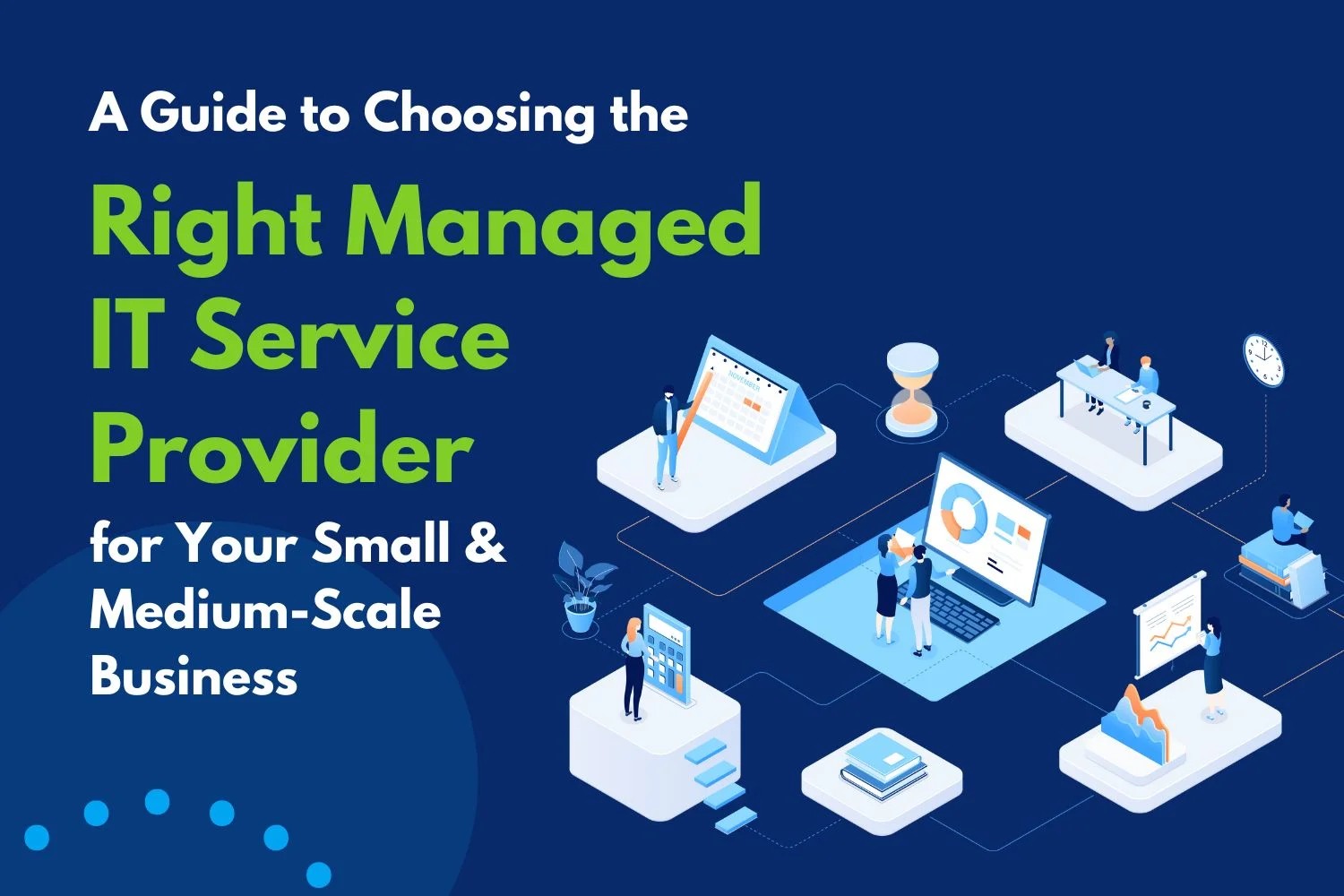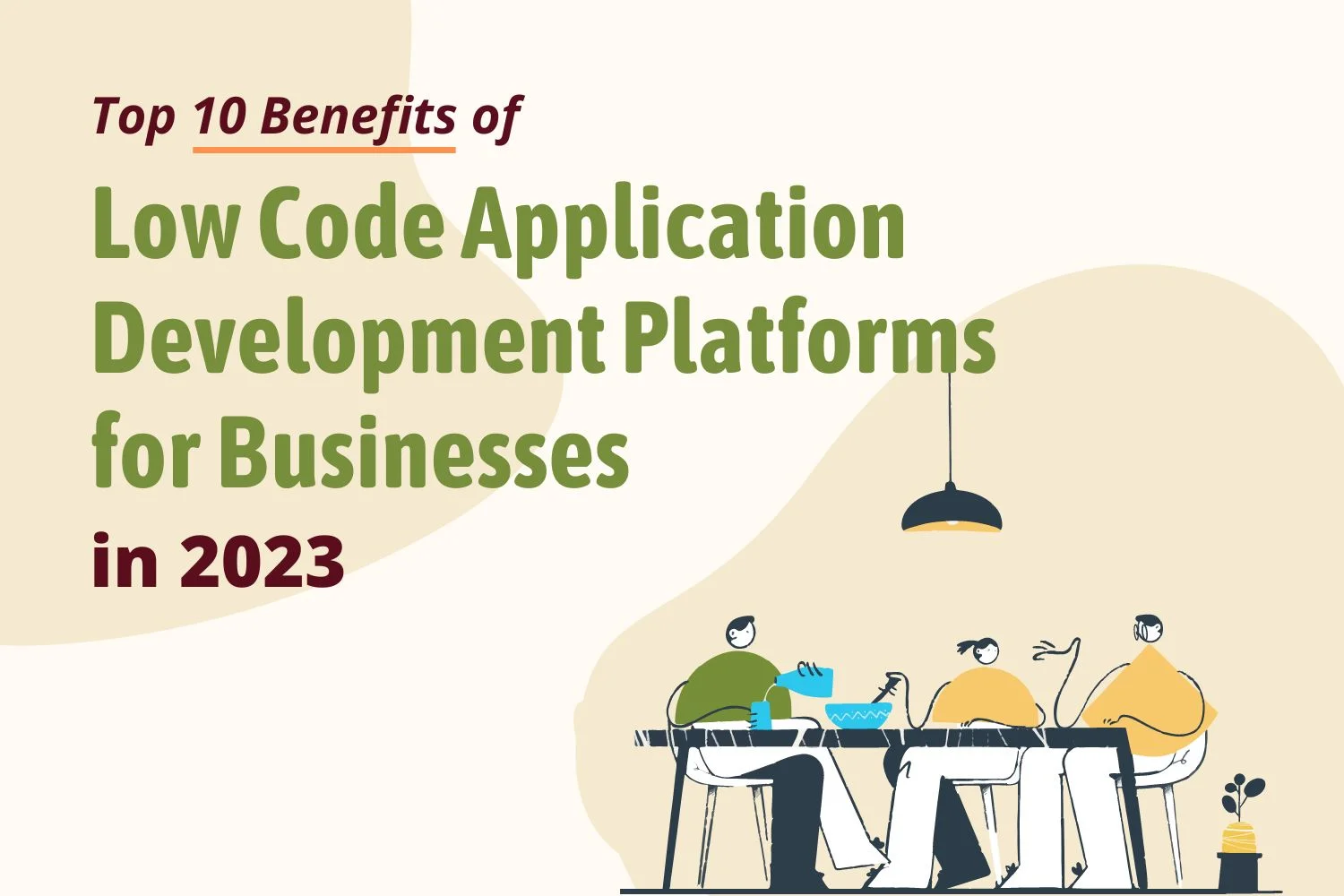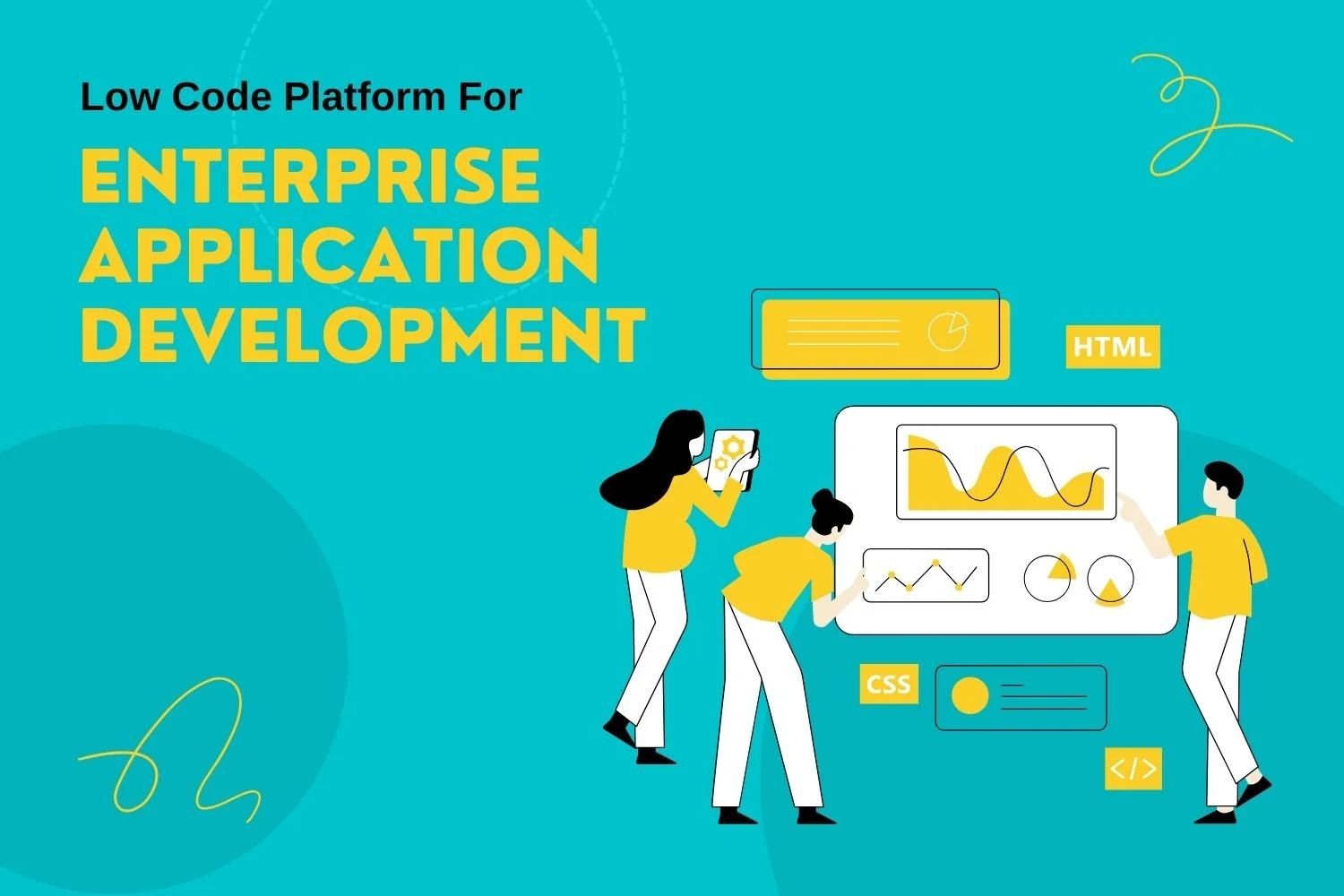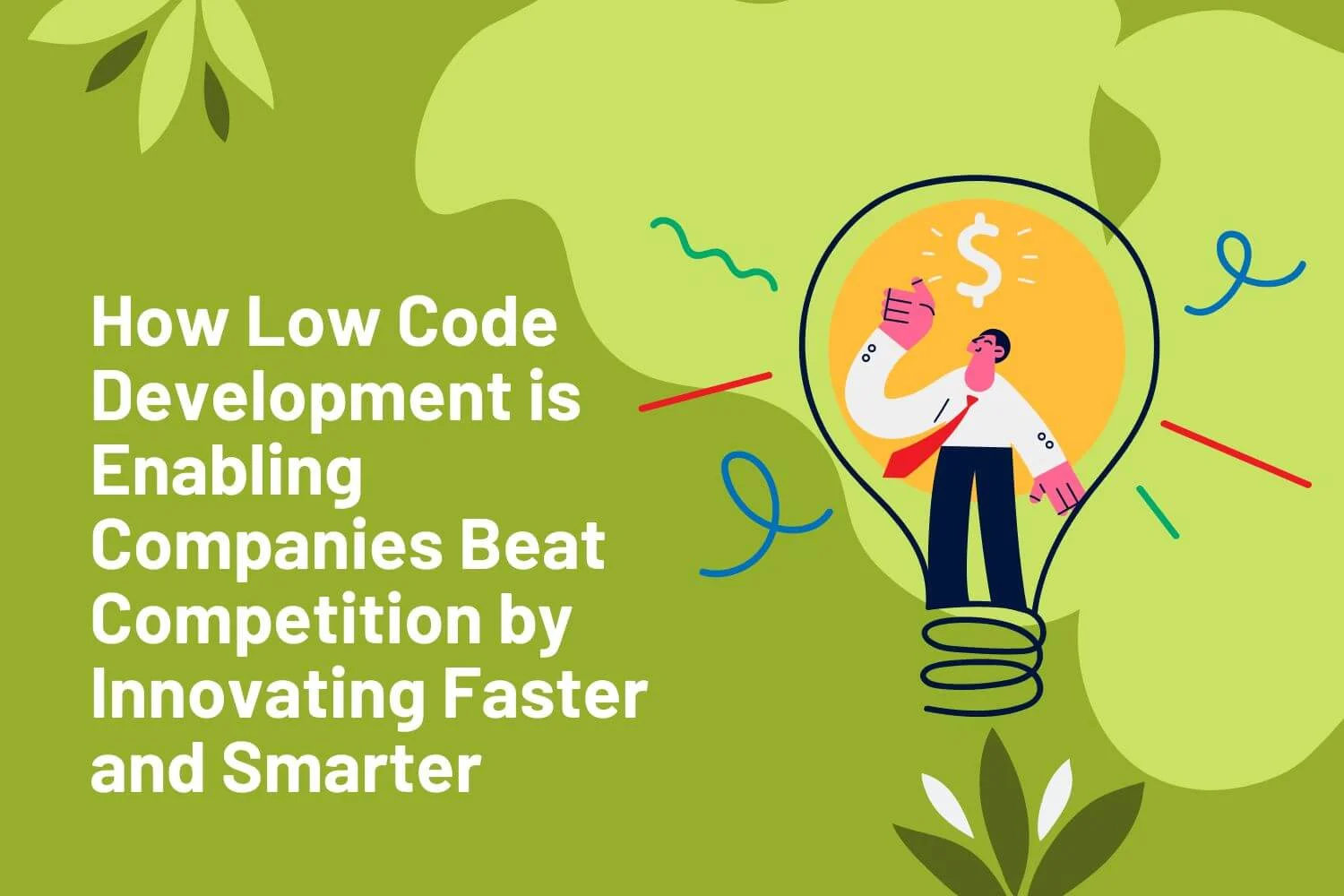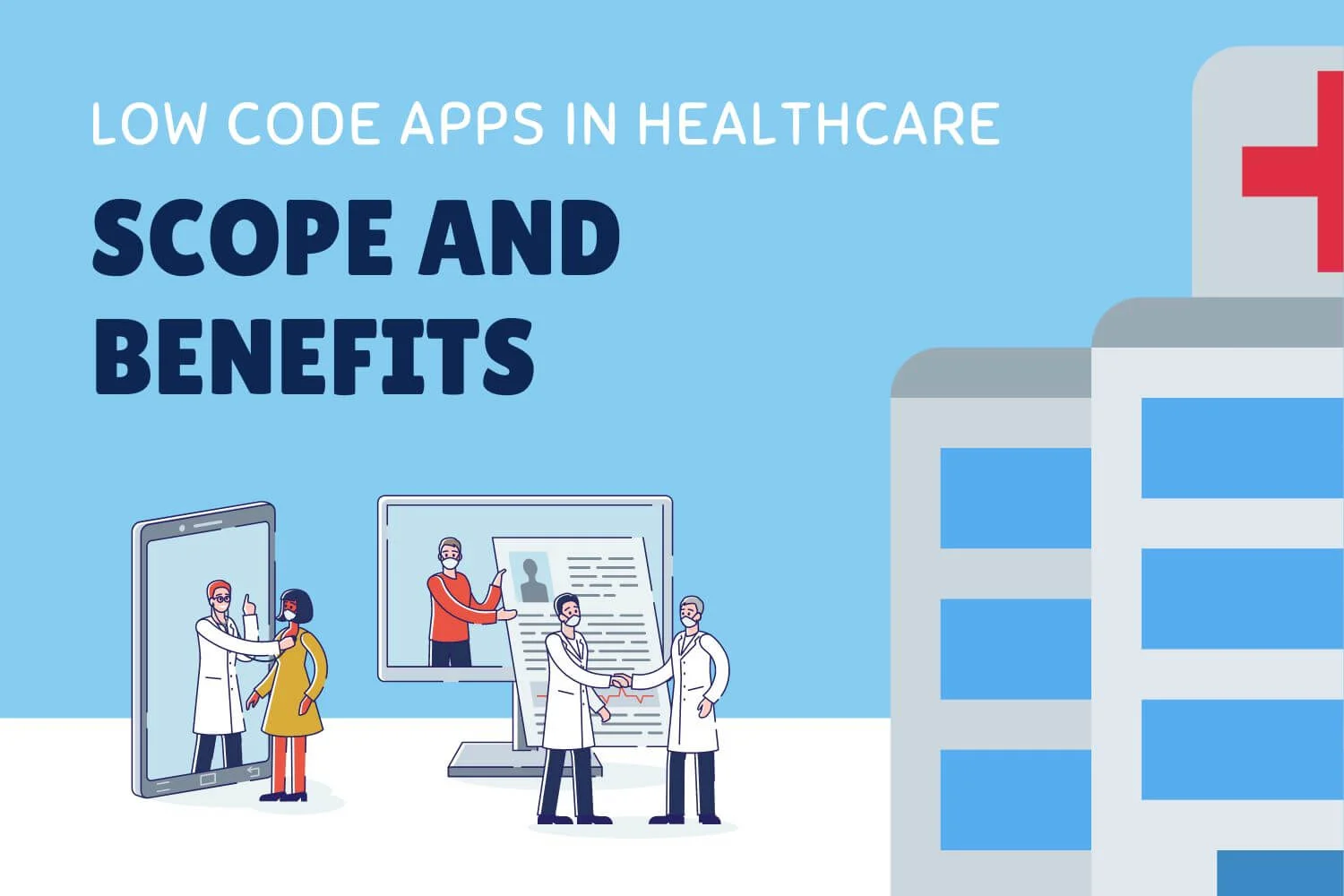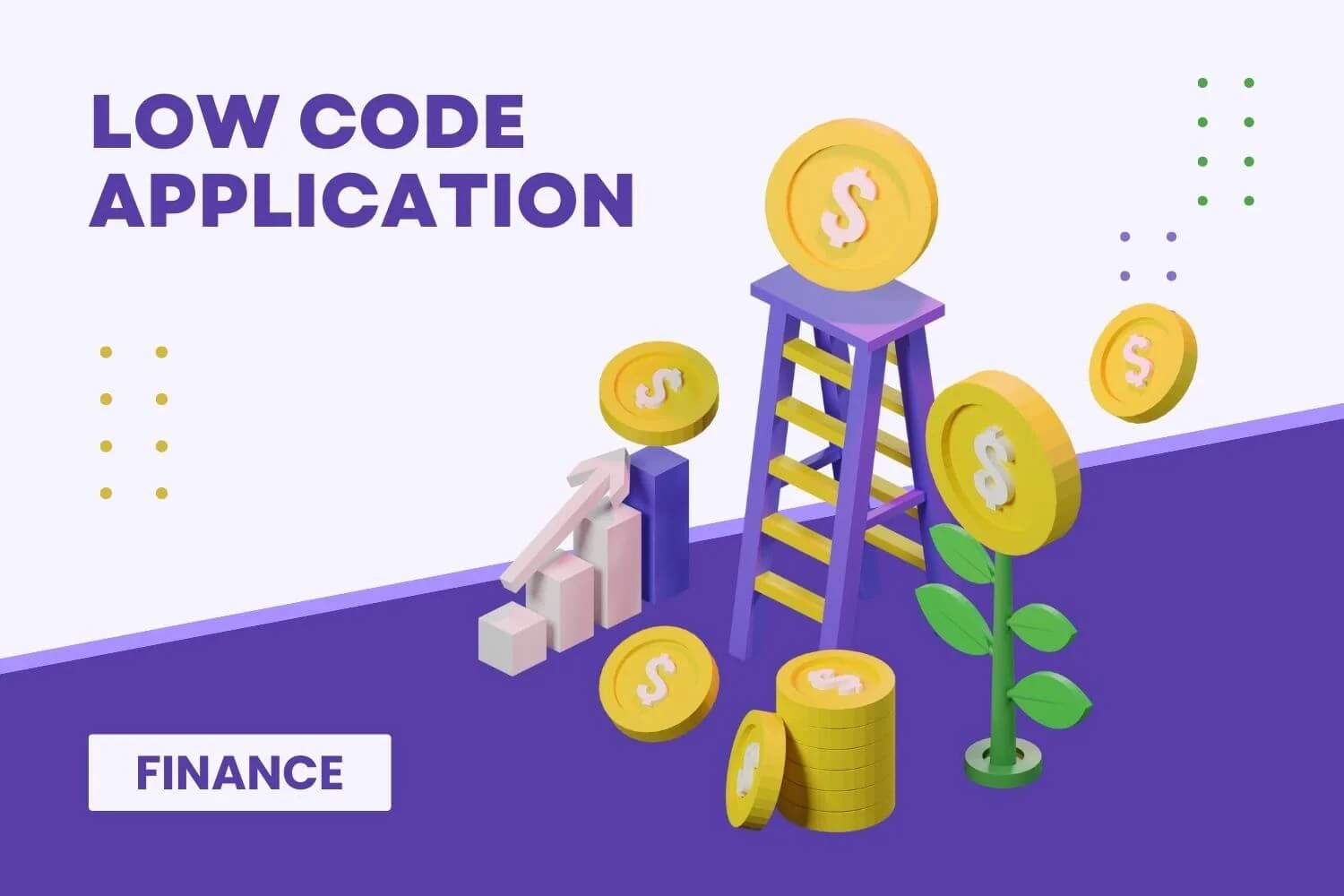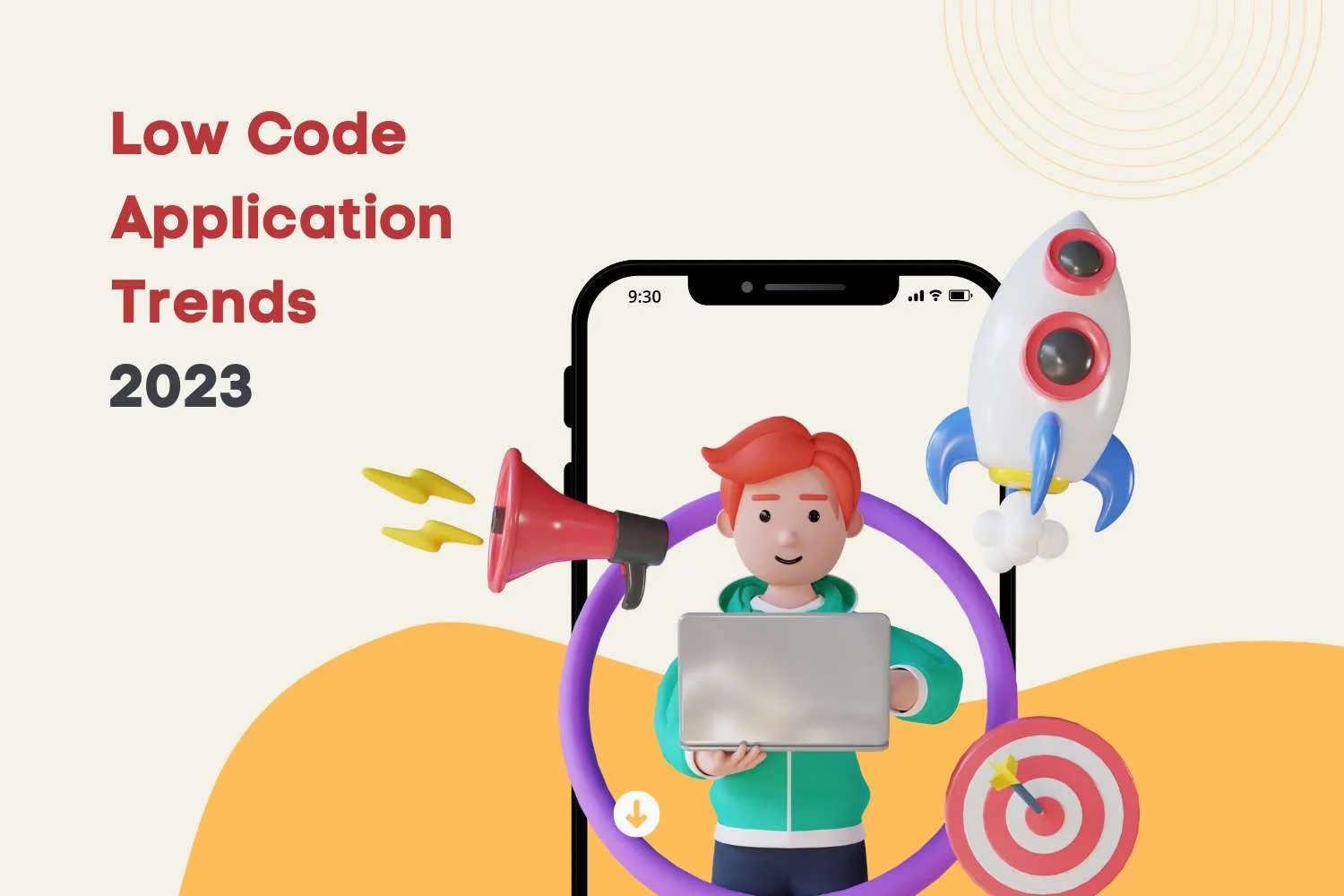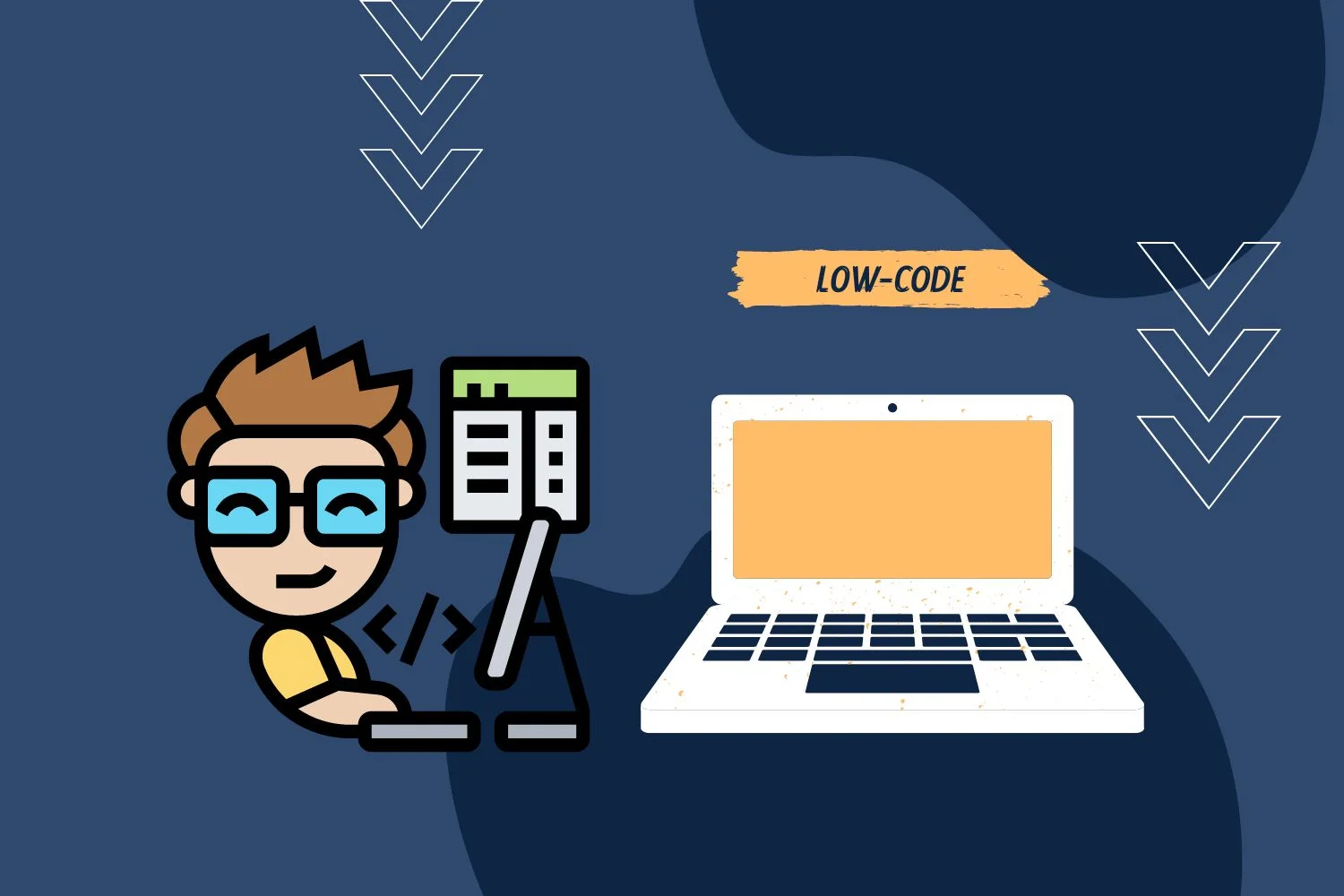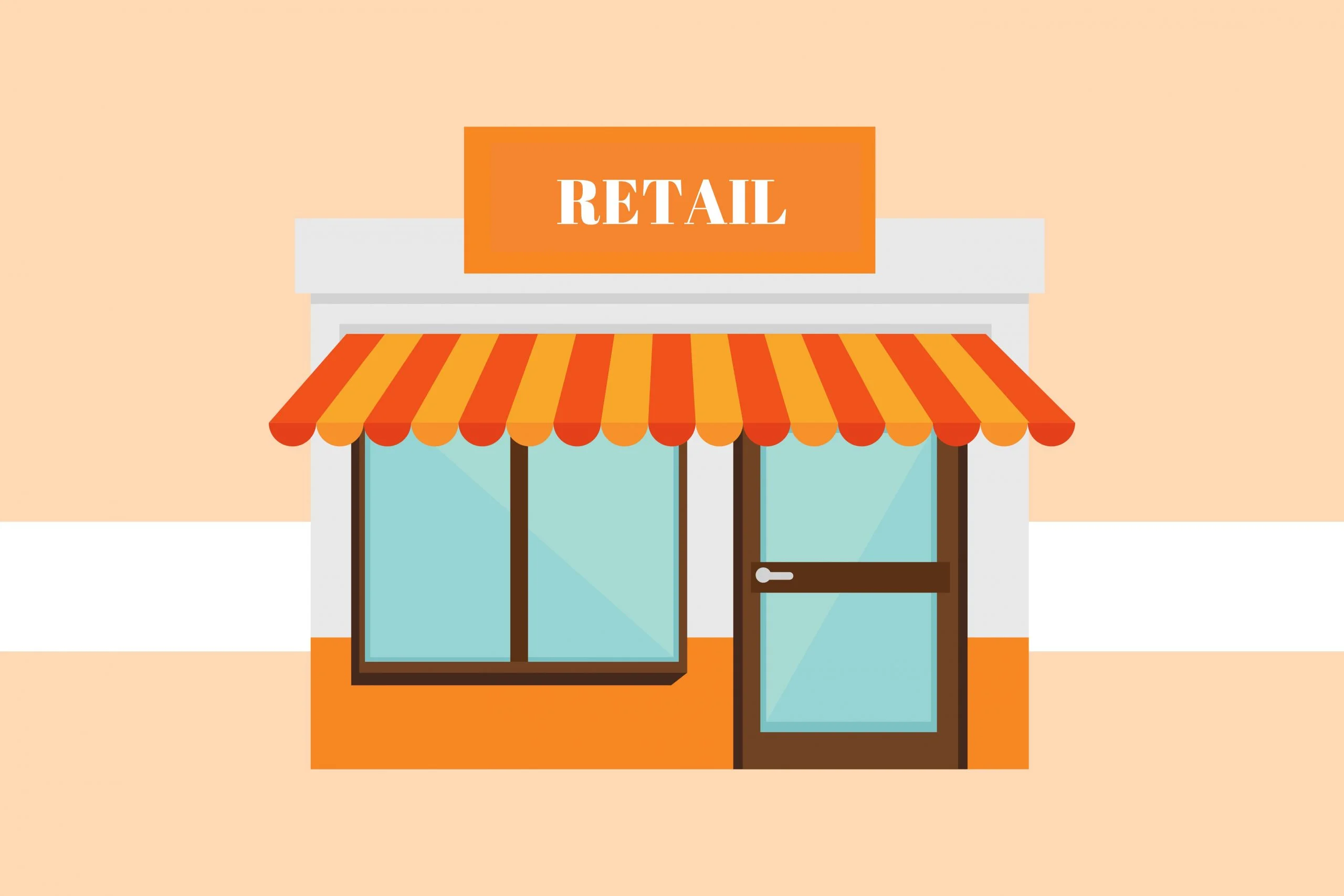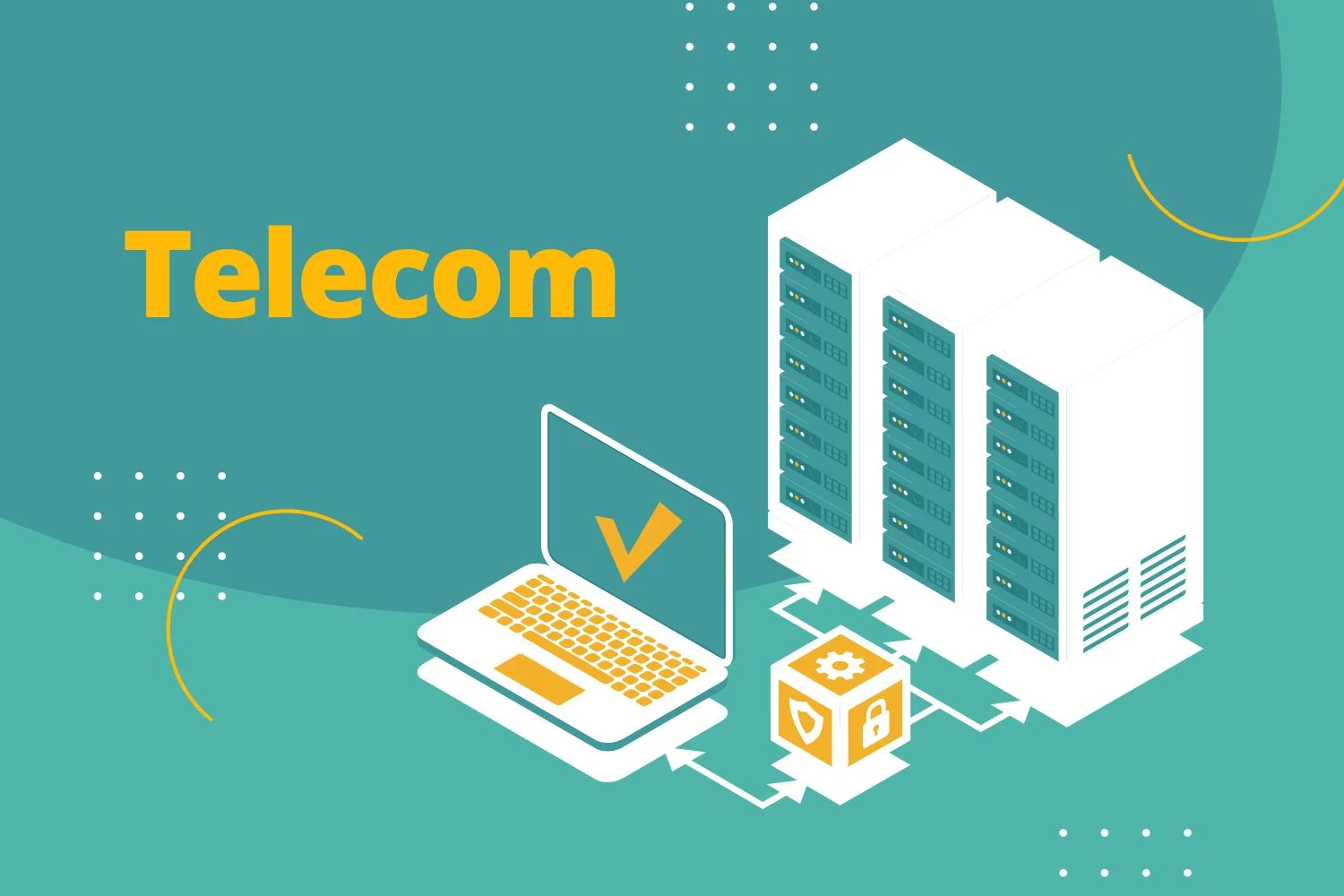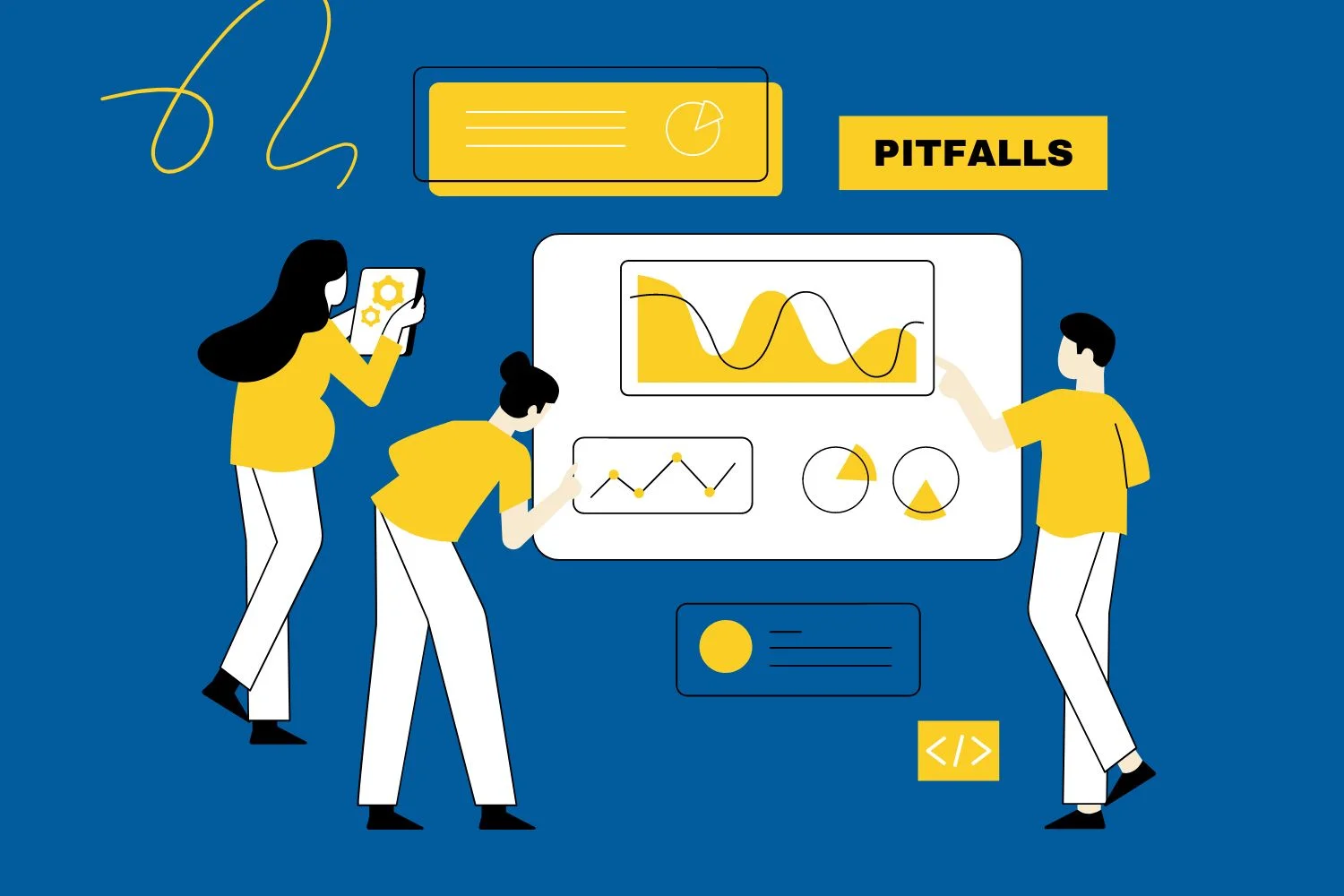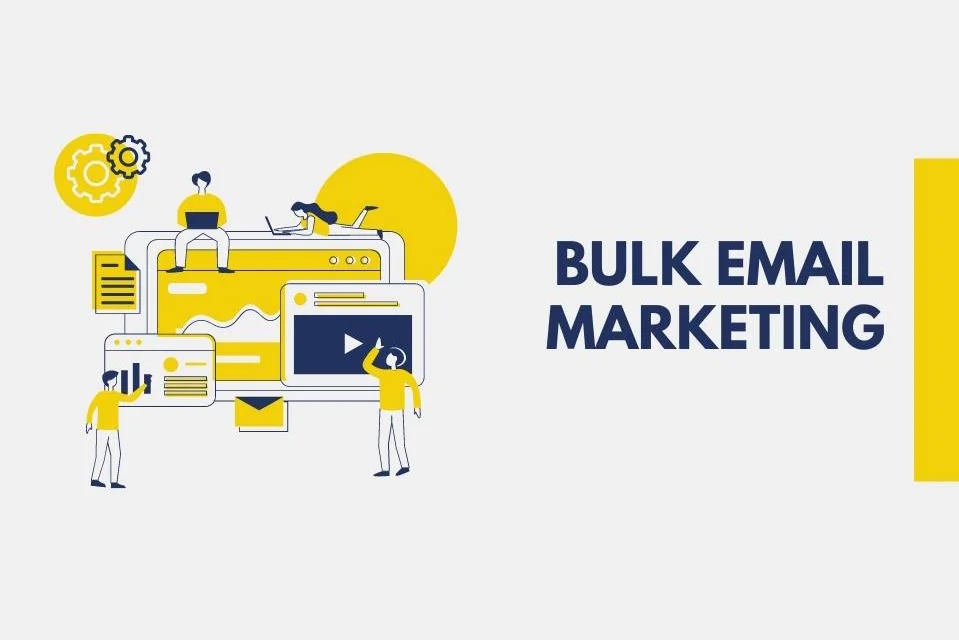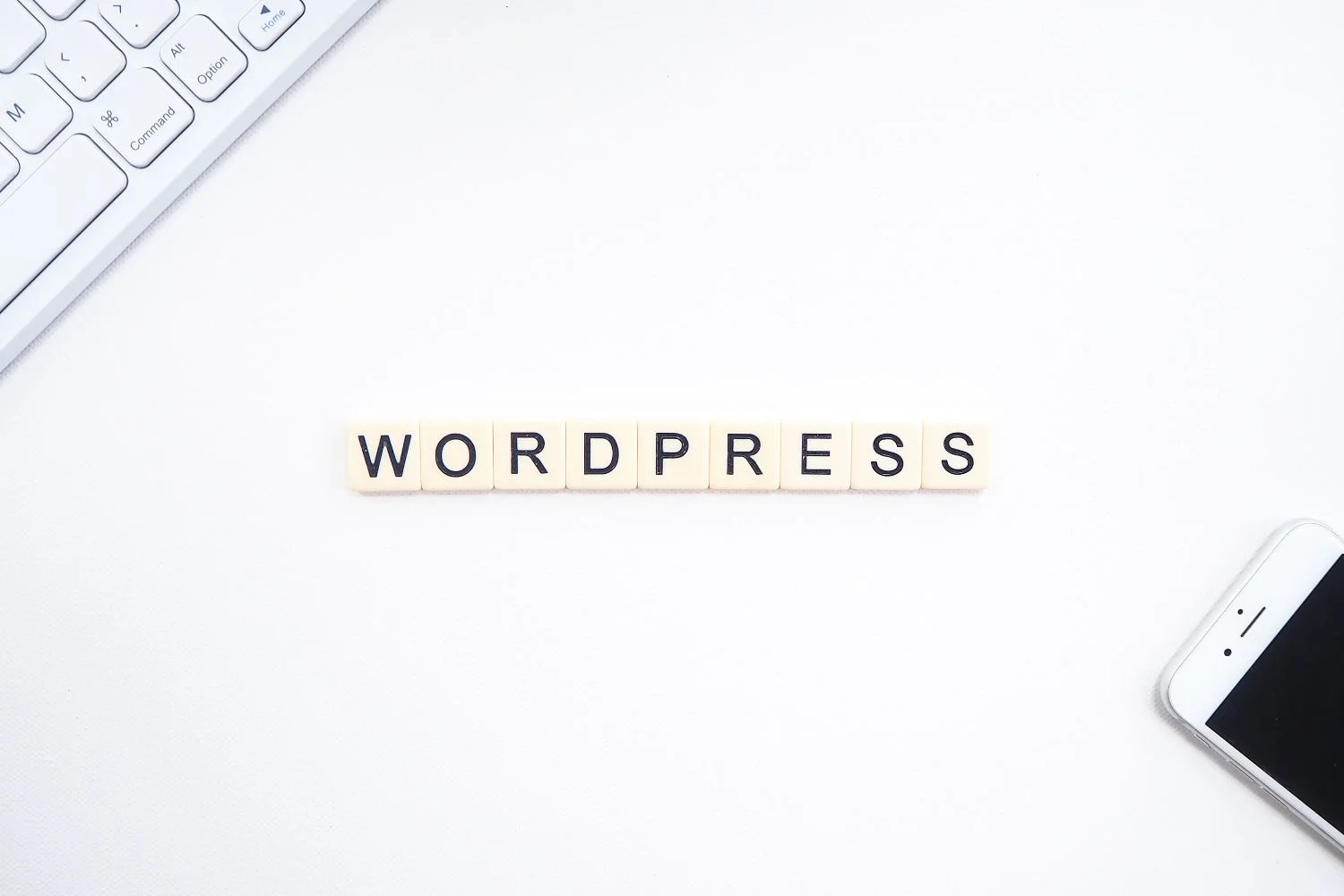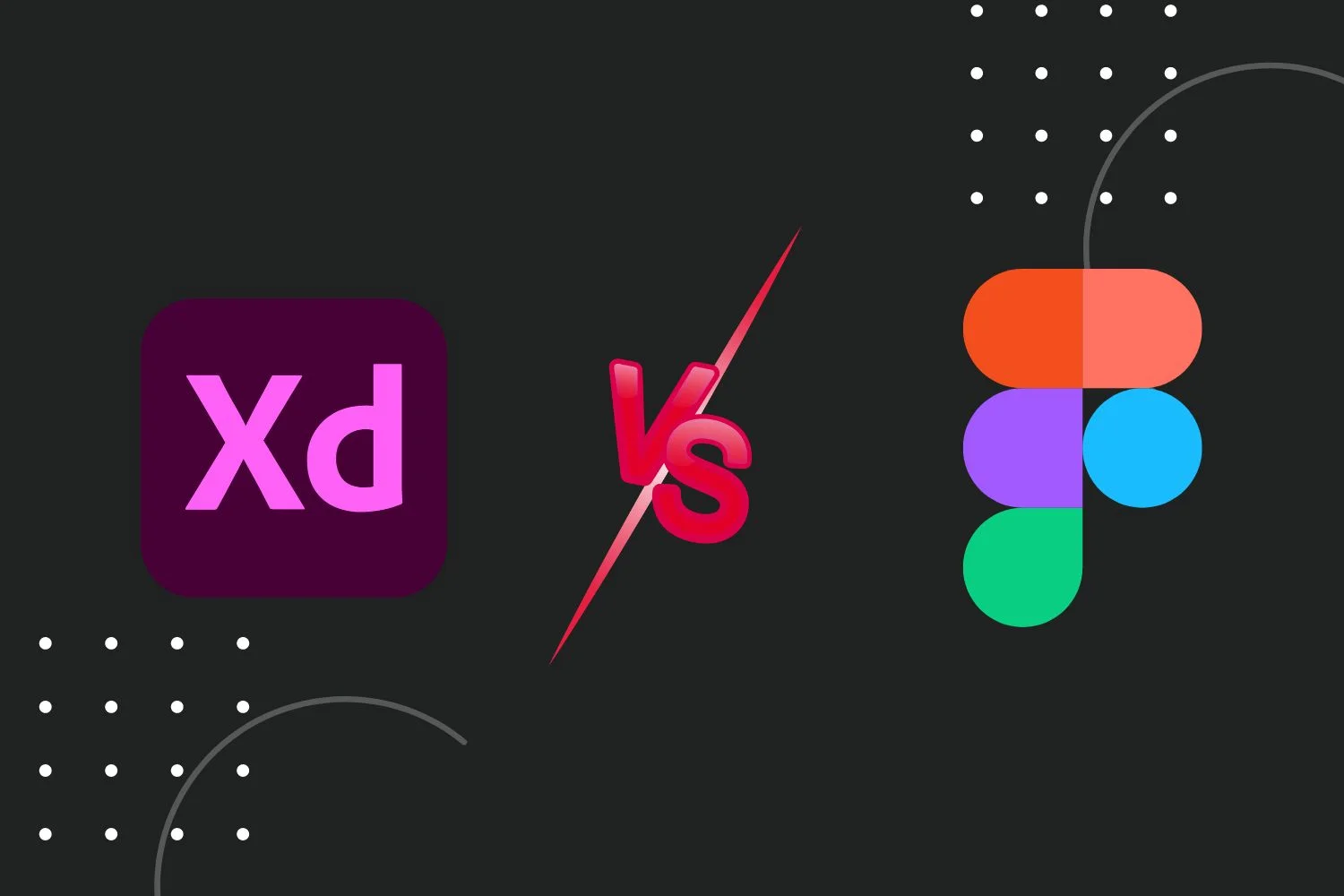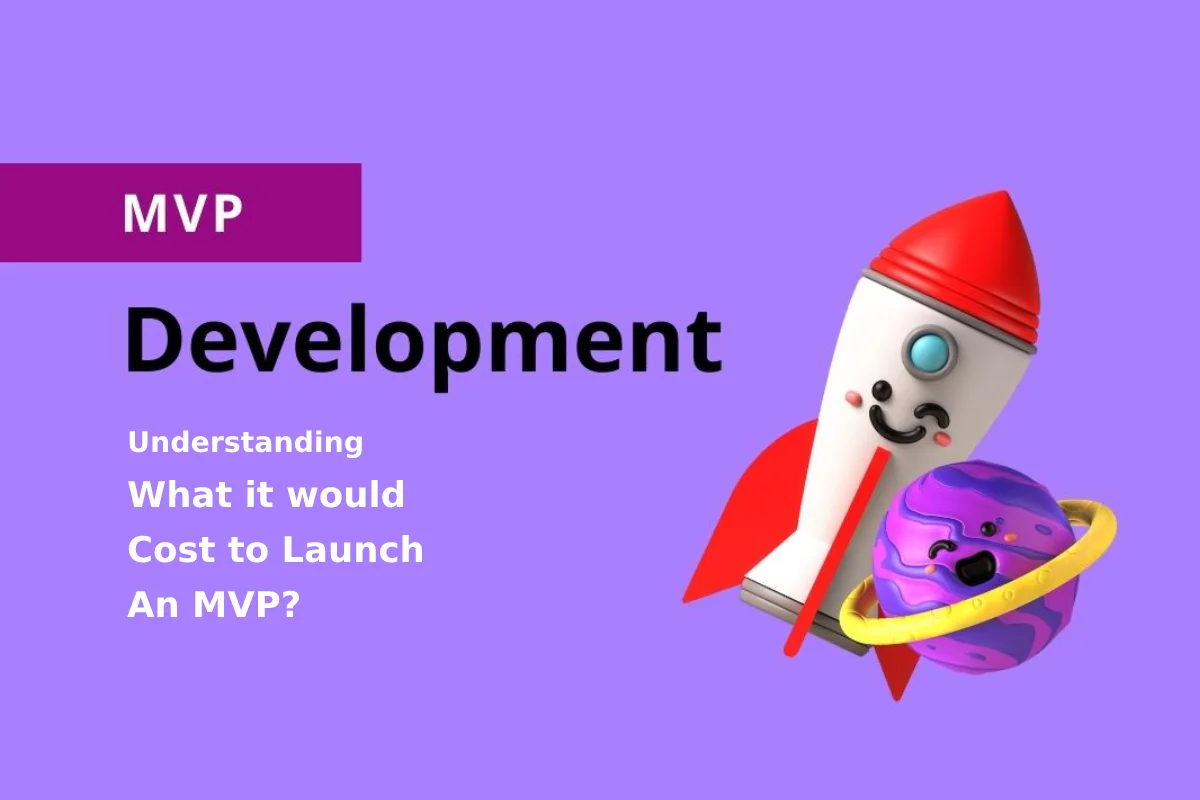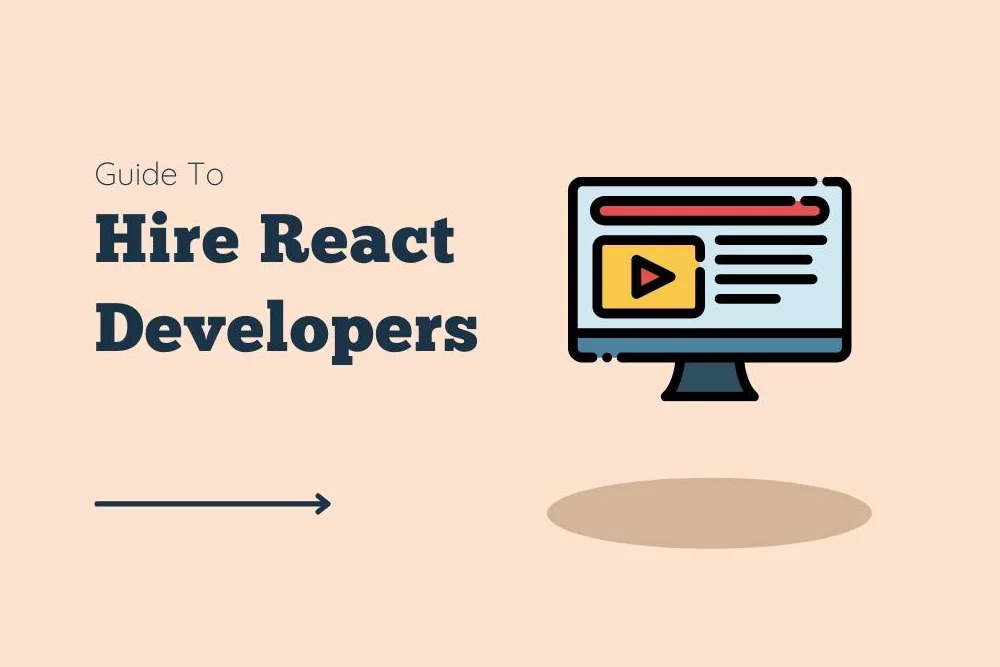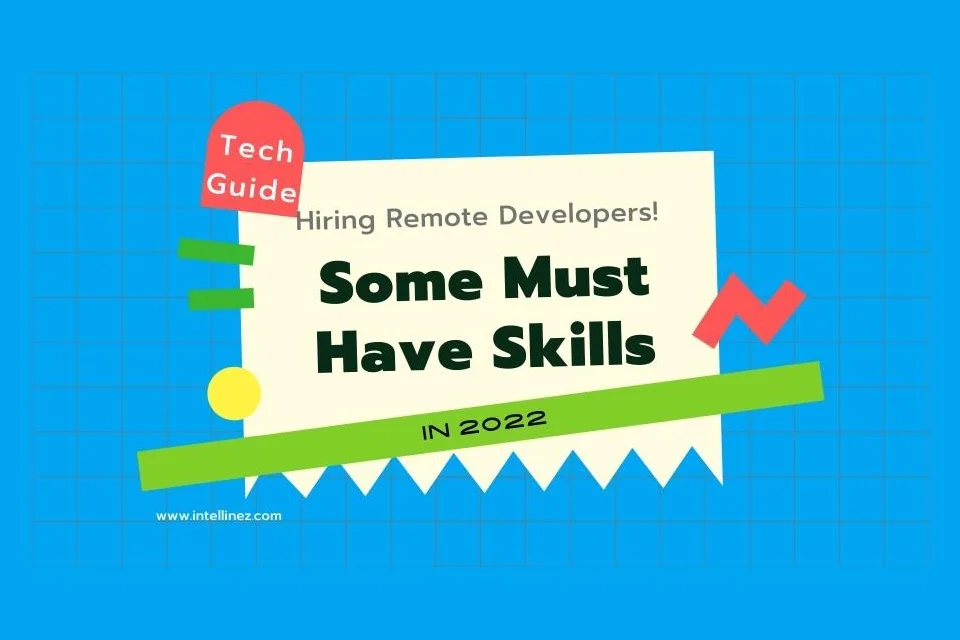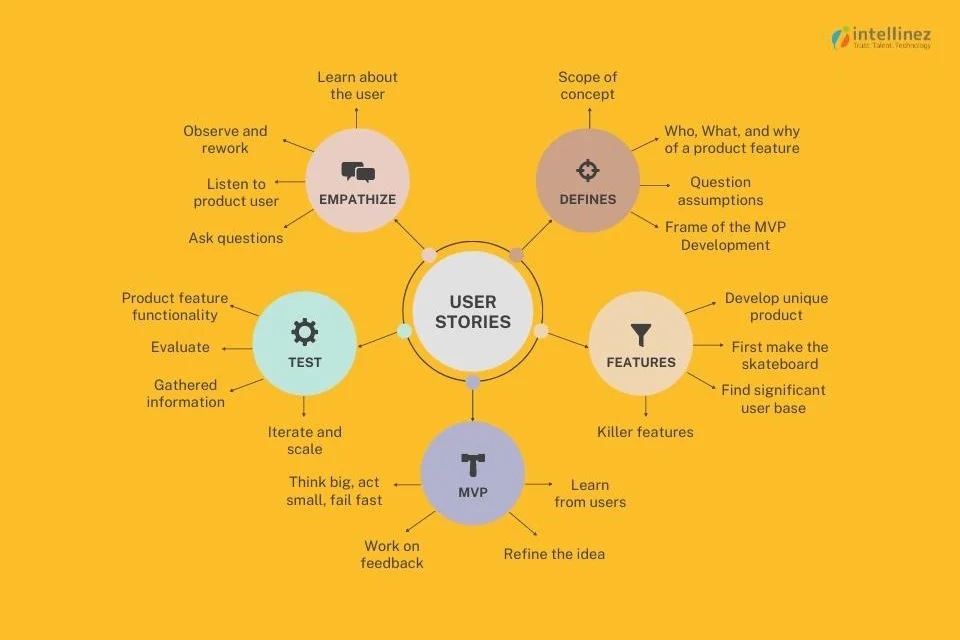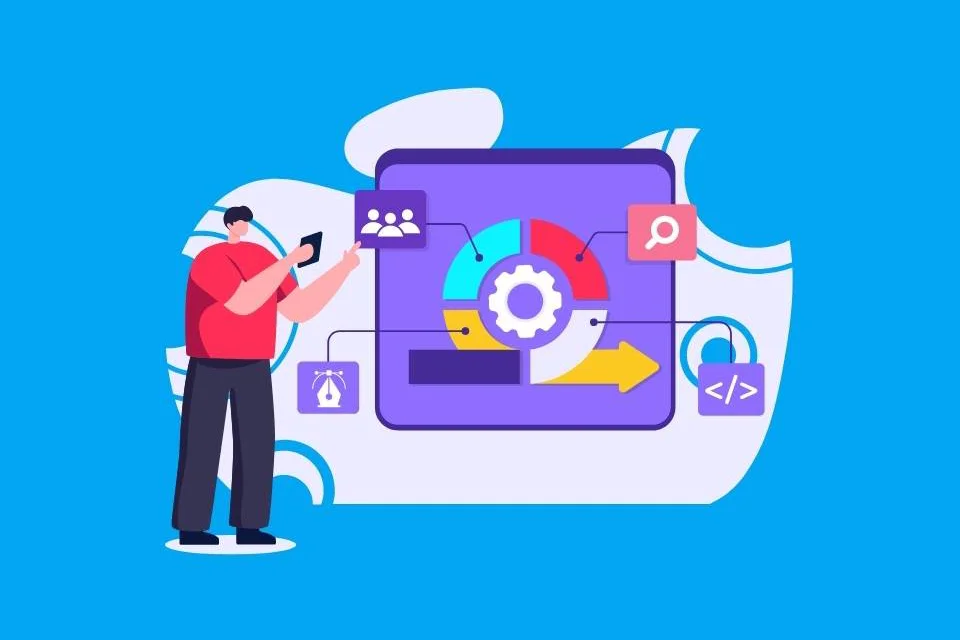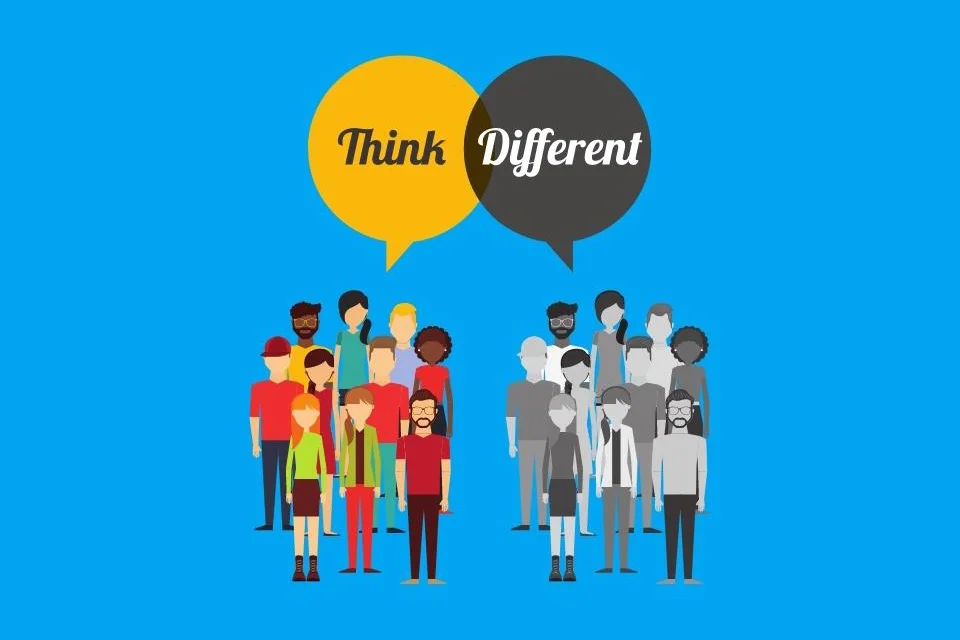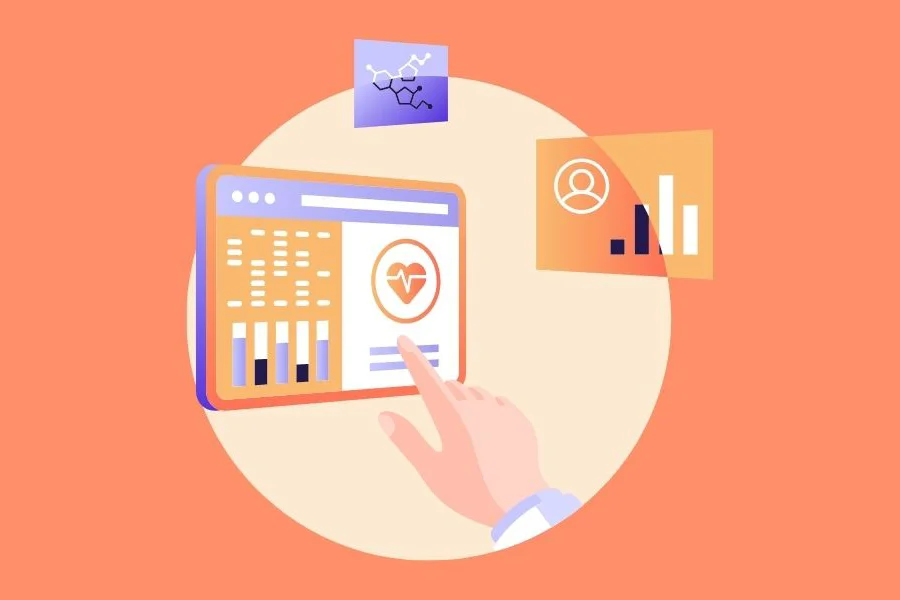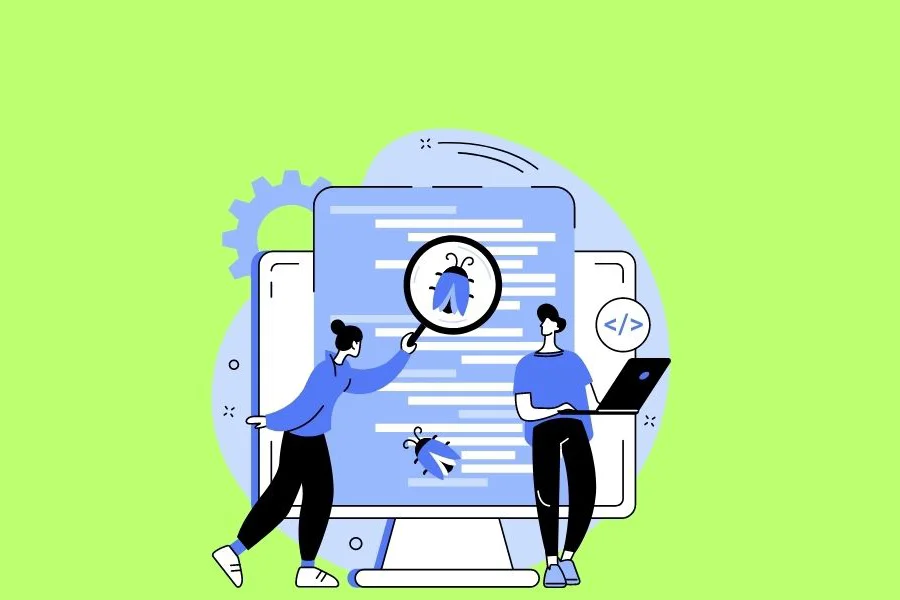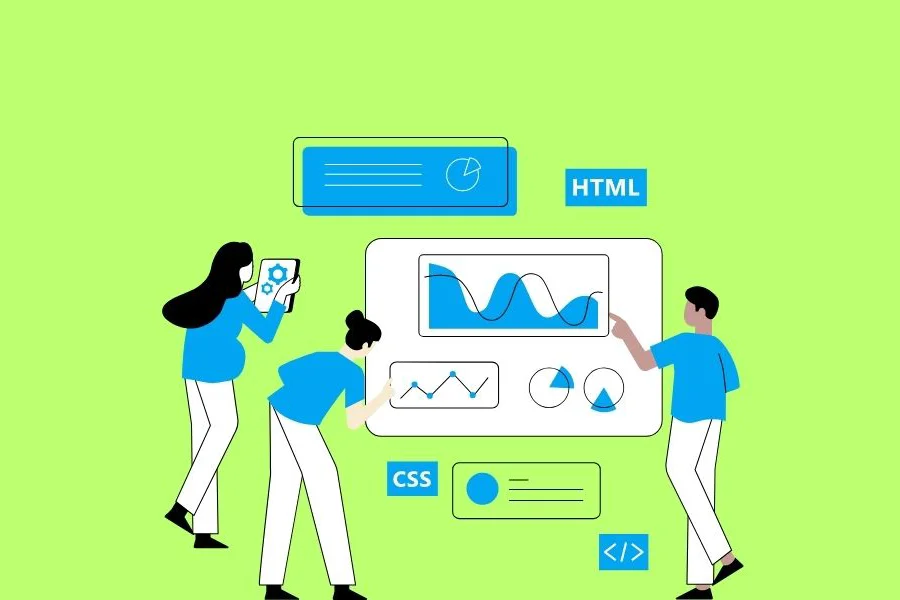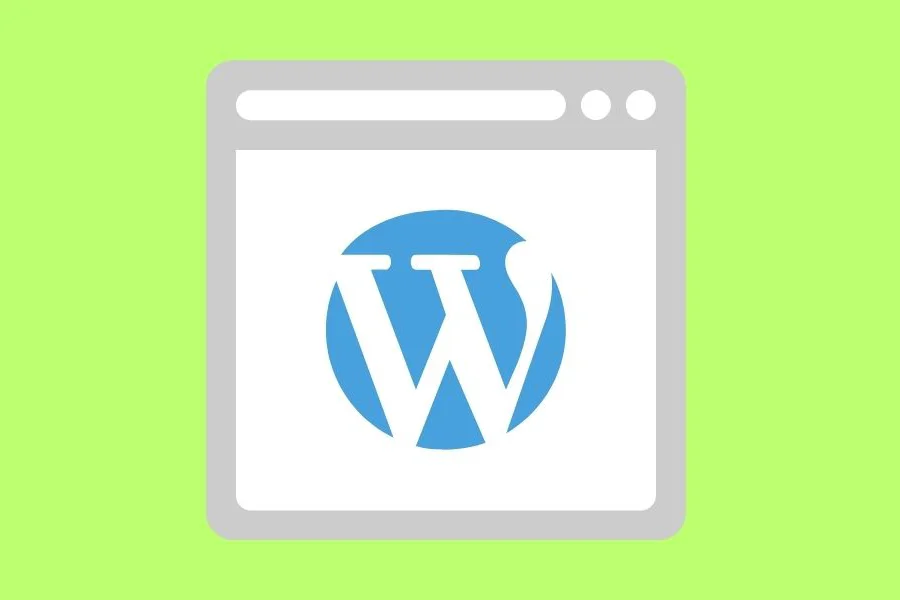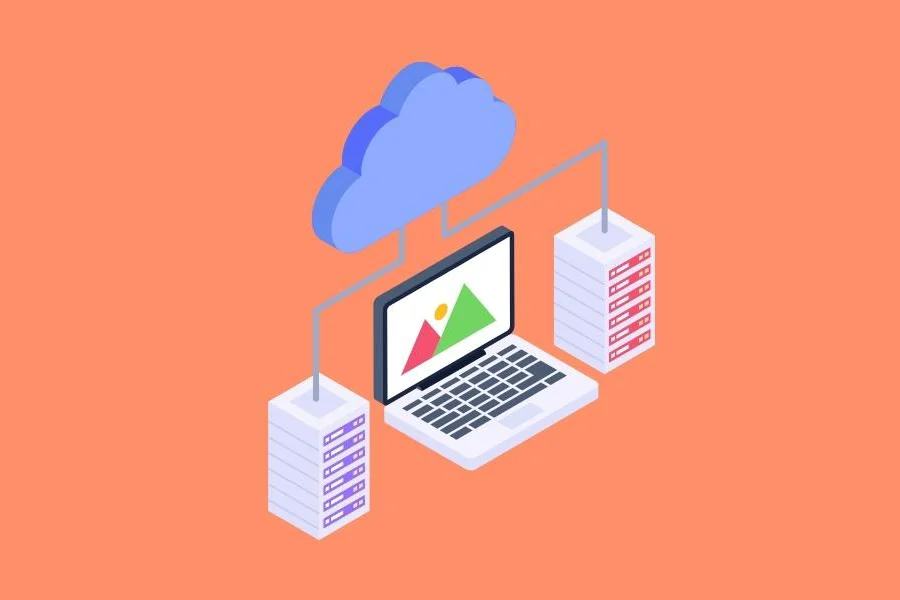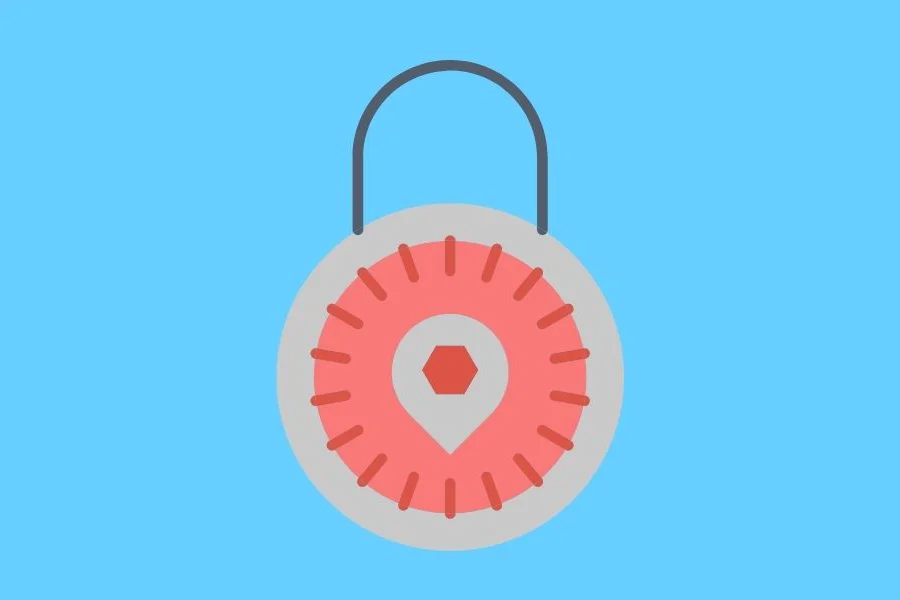Table of Contents
The healthcare industry is undergoing a significant transformation, propelled by the rapid adoption of software as a service (SaaS) solution. These cloud-based platforms are revolutionizing how healthcare providers manage operations, streamline workflows, and enhance patient engagement. In fact, the global healthcare SaaS market is projected to double to $42.13 billion by 2027, reflecting an annual growth rate of 18.2%.

At the heart of this evolution is artificial intelligence (AI), which is playing a pivotal role in enhancing healthcare SaaS applications. AI technologies are not only automating routine tasks but also providing advanced analytics that empower healthcare professionals to make more informed decisions. By leveraging AI in SaaS for healthcare, providers can improve patient outcomes through predictive analytics, personalized treatment plans, and efficient resource management.
As we explore the trends shaping this dynamic landscape, it becomes clear that AI in SaaS for healthcare is not just a fleeting trend; it represents a fundamental shift towards smarter, more responsive healthcare systems that prioritize patient care and operational efficiency. The future of healthcare is indeed intertwined with the capabilities of AI-driven SaaS solutions.
The Current State of AI in SaaS for Healthcare
The current state of AI in Software as a Service (SaaS) for healthcare is marked by rapid growth and integration of innovative technologies. The healthcare SaaS market is expanding at a remarkable rate of 20% annually, with projections indicating it will reach approximately $64 billion by 2025. This surge is driven by the need for improved patient care, operational efficiency, and enhanced data security.
Growth Of SaaS Adoption in the Healthcare Industry
AI plays a pivotal role in this transformation, automating processes such as clinical documentation and predictive analytics, which helps healthcare providers manage resources more effectively.
Furthermore, AI-driven tools are enhancing patient engagement and streamlining workflows, ultimately leading to better health outcomes. As healthcare organizations increasingly adopt these technologies, they are not only improving their services but also positioning themselves to meet the evolving demands of the industry in a cost-effective manner.
Examples of Existing AI-Powered SaaS Solutions in Healthcare
- EliseAI: Automates administrative tasks like appointment scheduling and payment reminders, enhancing operational efficiency in healthcare settings.
- Cohere Health: Utilizes AI to streamline prior authorization processes, ensuring timely access to care through data-driven care paths.
- Flatiron Health: Provides oncology software that connects cancer centers, leveraging AI to enhance patient care and accelerate research by analyzing vast data sets.
- CloudMedX: Employs machine learning to improve patient journeys by managing clinical history and predicting critical interventions.
- Biofourmis: Integrates AI with mobile devices for remote patient monitoring, facilitating home-based care and smoother transitions post-hospitalization.
- Caption Health: Combines AI with ultrasound technology to assist in real-time diagnostics, improving early disease detection.
- Viz.ai: offers AI solutions that quickly identify critical health issues, enabling faster treatment decisions and potentially saving lives.
- Regard: Functions as a clinical “co-pilot” for EMRs, automating diagnosis and providing care recommendations while reducing healthcare worker burnout.
- Tempus: Analyzes clinical and molecular data to personalize treatment options across various medical fields.
- ClosedLoop.ai: Identifies at-risk patients and recommends tailored treatment strategies using comprehensive data analytics.
Benefits of AI in SaaS for Healthcare

Cost Efficiency
Implementing AI-powered SaaS solutions in healthcare significantly reduces operational costs. By automating routine tasks such as appointment scheduling, billing, and data management, healthcare providers can minimize administrative overhead. For instance, predictive analytics can identify high-risk patients for early intervention, preventing costly complications.
This proactive approach not only lowers expenses but also allows institutions to allocate resources more effectively, ultimately enhancing financial sustainability. Moreover, the subscription-based model of SaaS eliminates hefty upfront investments in software and infrastructure, making advanced technologies accessible to a broader range of healthcare facilities.
Scalability
AI-powered SaaS solutions offer exceptional scalability, enabling healthcare organizations to adapt quickly to changing demands. As patient volumes fluctuate or new services are introduced, these cloud-based systems can seamlessly scale up or down without requiring significant infrastructure changes. This flexibility allows providers to manage resources efficiently, ensuring that they can meet patient needs without overextending their budgets.
Additionally, SaaS solutions facilitate easier integration with existing systems and applications, further enhancing the ability to expand services and capabilities as required.
Enhanced Patient Care
AI-driven SaaS solutions significantly improve patient care through personalized treatment plans and real-time data analysis. By leveraging vast amounts of health data, these systems can identify trends and predict patient outcomes more accurately. For example, AI algorithms can analyze medical histories to recommend tailored interventions, leading to better health management.
Furthermore, remote monitoring capabilities allow for continuous patient engagement and timely interventions, reducing hospital readmissions and improving overall health outcomes. This focus on proactive care enhances the patient’s experience while ensuring that healthcare providers can deliver high-quality services efficiently.
Key AI Trends Shaping SaaS in Healthcare

Predictive Analytics for Personalized Medicine
AI enhances SaaS platforms by analyzing extensive patient data to forecast outcomes. This capability allows healthcare providers to identify at-risk patients early, enabling timely interventions and tailored care strategies.
- How AI Enhances Saas Platforms to Predict Patient Outcomes
AI algorithms process historical and real-time data, recognizing patterns that inform clinical decisions. This predictive capability not only improves treatment efficacy but also optimizes resource allocation, reducing unnecessary costs and enhancing operational efficiency.
- Personalized Treatment Plans Powered by Saas Tools
With AI-driven insights, healthcare professionals can develop individualized treatment plans based on a patient’s unique medical history and genetic profile. This approach leads to more effective therapies and improved patient satisfaction, as treatments are aligned with specific patient needs, ultimately fostering better health outcomes.
AI-Driven Diagnostics in SaaS Platforms
AI-driven diagnostics in SaaS platforms are revolutionizing healthcare by automating disease detection and improving diagnostic accuracy.
- Automating Disease Detection using AI SaaS Tools
These tools leverage machine learning algorithms to analyze medical data, such as images and patient records, facilitating rapid identification of diseases. For instance, AI can evaluate CT scans to diagnose conditions like pneumonia in under a minute, significantly reducing the time healthcare professionals spend on diagnostics.
- Examples of AI Diagnostic Applications
Notable applications include Google’s AI model for breast cancer detection, which matches the accuracy of two radiologists working together. Additionally, AI-powered remote monitoring systems can predict respiratory deterioration in COVID-19 patients, enabling timely interventions. These examples illustrate how AI enhances diagnostics capabilities, leading to improved patient outcomes and more efficient healthcare delivery. By integrating these technologies, healthcare providers can offer faster, more precise diagnoses while alleviating the burden on medical staff.
Streamlined Operations with AI-Powered SaaS
Streamline operations with AI-powered SaaS solutions are transforming healthcare by enhancing workflow optimization and resource management.
- Workflow Optimization and Resource Management
AI tools analyze operational data to identify inefficiencies and automate routine tasks, such as appointment scheduling and patient triage. By optimizing workflows, healthcare organizations can improve patient throughput and reduce wait times, ensuring that resources are allocated effectively. For instance, AI can predict peak patient volumes, allowing staff to prepare accordingly.
- Reducing Administrative Burdens with AI
AI significantly alleviates administrative burdens by automating documentation and billing processes. Natural language processing (NLP) technologies can transcribe physician notes in real time, minimizing the time spent on paperwork. This not only enhances productivity but also allows healthcare professionals to focus more on patient care rather than administrative tasks. By streamlining operations, AI-powered SaaS solutions lead to improved efficiency, reduced costs, and enhanced overall service quality in healthcare settings.
Challenges and Considerations for AI in SaaS for Healthcare

Data Security and Compliance with Regulations like HIPAA
Data security and compliance with regulations like HIPAA are critical in healthcare to protect sensitive patient information. HIPAA mandates that healthcare organizations implement stringent safeguards, including data encryption, access controls, and audit trails to ensure the confidentiality and integrity of electronic Protected Health Information (ePHI). Non-compliance can lead to severe penalties, including fines that can reach up to $1.5 million annually. By adhering to these regulations, healthcare providers not only protect patient privacy but also foster trust and improve care quality. Ensuring compliance is essential for maintaining operational integrity and safeguarding against data breaches that could compromise patient safety and organizational reputation.
Integration Issues with Legacy Systems
Integration issues with legacy systems pose significant challenges for healthcare organizations adopting new AI-powered SaaS solutions. Many facilities still rely on outdated technology that may not seamlessly connect with modern platforms, leading to data silos and inefficiencies. These legacy systems can hinder the flow of information, complicating patient care coordination and slowing down processes. Additionally, the costs associated with upgrading or replacing these systems can be prohibitive. Organizations must navigate these integration hurdles carefully, ensuring that new technologies enhance rather than disrupt existing workflows while maintaining compliance with regulations like HIPAA.
Ethical Concerns and Patient Data Privacy
Ethical concerns and patient data privacy are paramount in the deployment of AI in healthcare. The use of AI tools raises questions about consent, data ownership, and the potential for bias in algorithms that could affect treatment outcomes. Patients may be unaware of how their data is being used or shared, leading to mistrust in healthcare providers. Ensuring transparency in data usage is essential for ethical compliance. Additionally, organizations must prioritize robust security measures to protect sensitive information from breaches or misuse. Balancing innovation with ethical considerations is crucial for maintaining patient trust and ensuring equitable healthcare delivery.
The Future of AI in SaaS for Healthcare

Advanced AI Algorithms for Better Insights
By 2030, AI algorithms will evolve to deliver even more profound insights into patient health. These advanced algorithms will analyze diverse data sources, including electronic health records, wearable devices, and social determinants of health, to predict individual risks for diseases and suggest personalized preventative measures. The global AI in healthcare market is projected to reach $188 billion by 2030, driven by the increasing demand for enhanced efficiency and improved patient outcomes. This evolution will empower healthcare providers to make data-driven decisions that enhance patient care and operation effectiveness.
Interoperability in Healthcare SaaS
The push for interoperability will intensify, enabling seamless integration of various healthcare systems and data sources. By 2030, over 70% of healthcare organizations are expected to prioritize interoperability initiatives, facilitating real-time access to comprehensive patient information. This interconnectedness will enhance care coordination and support proactive health management. As a result, healthcare systems will be better equipped to respond to patient needs efficiently, ultimately improving overall health outcomes.
AI-Powered Virtual Assistants and Chatbots
The adoption of AI-powered virtual assistants and chatbots will surge, transforming patient interactions and support services. By 2030, the market for these technologies is projected to grow at a CAGR of 44.2%, reflecting their increasing role in enhancing patient engagement and satisfaction. These tools will provide immediate assistance for scheduling appointments, answering queries, and offering personalized health advice, ensuring that patients receive timely support while alleviating administrative burdens on healthcare staff. This shift will lead to a more efficient healthcare delivery system that prioritizes patient experience and accessibility.
How Businesses can Leverage AI in SaaS for Healthcare
Tips for Selecting the Right AI-Powered SaaS Platform
When choosing an AI-powered SaaS platform, organizations should prioritize scalability, ease of integration, and user-friendliness. It’s essential to assess the platform’s ability to handle large volumes of data and its compatibility with existing systems. Additionally, the vendor’s track record in healthcare and commitment to compliance with regulations like HIPAA should be considered. Engaging with current users through testimonials or case studies can provide valuable insights into the platform’s effectiveness. A strong vendor support system is also crucial for troubleshooting and maximizing the platform’s capabilities.
Importance of Partnerships with AI and Saas Providers
Forming strategic partnerships with AI and SaaS providers is vital for healthcare organizations looking to enhance their technological capabilities. Collaborating with experts allows businesses to access cutting-edge technologies and innovations that may not be feasible to develop in-house. These partnerships can lead to improved patient outcomes through shared knowledge and resources, as well as enhanced operational efficiencies. By leveraging the expertise of specialized providers, organizations can stay ahead of industry trends and ensure their solutions remain competitive in a rapidly evolving landscape.
ROI of Adopting AI in Healthcare Saas
The return on investment (ROI) from adopting AI in healthcare SaaS can be substantial. Organizations can expect significant cost savings through improved operational efficiencies, reduced administrative burdens, and enhanced patient care outcomes. For instance, AI-driven automation can decrease the time spent on routine tasks, allowing healthcare professionals to focus more on patient interactions.
Additionally, predictive analytics can lead to better resource allocation and reduced hospital readmissions, further lowering costs. According to industry projections, healthcare organizations that successfully implement AI solutions could see ROI improvements of up to 30% within a few years of adoption, demonstrating the financial viability of these technologies.
Conclusion
The future of healthcare is undeniably intertwined with the advancements in AI-powered SaaS solutions. As organizations embrace these innovative technologies, they unlock a world of possibilities that enhance patient care, streamline operations, and drive significant cost efficiencies. The journey toward integrating AI is not just about adopting new tools, it’s about transforming how healthcare is delivered and experienced. By selecting the right platforms and forging strategic partnerships, businesses can harness the full potential of AI, paving the way for a more responsive and personalized healthcare system. As we move forward, those who embrace this digital revolution will not only improve outcomes but also redefine the very essence of patient care in the 21st century.
Unlock the Future of Healthcare with Intellinez!
Partner with us to harness advanced AI algorithms, streamline your workflows, and improve patient outcomes. Don’t miss the opportunity to transform your healthcare services—contact Intellinez today for a free consultation and discover how we can help you navigate the complexities of healthcare technology for a brighter tomorrow!
-
1. What is AI-powered SaaS in healthcare?
AI-powered SaaS in healthcare refers to cloud-based software that utilizes artificial intelligence to enhance patient care, streamline operations, and improve data analysis and decision-making.
-
2. How can AI improve patient outcomes?
AI enhances patient outcomes by providing personalized treatment recommendations, predicting health risks, and enabling timely interventions through data-driven insights and automated processes.
-
3. What should organizations consider when choosing an AI SaaS platform?
Organizations should evaluate scalability, integration capabilities, user-friendliness, vendor expertise in healthcare, compliance with regulations, and the availability of robust customer support.
-
4. Why are partnerships with AI providers important?
Partnerships with AI providers grant access to specialized knowledge, advanced technologies, and resources that can enhance operational efficiency and improve patient care delivery.
-
5. What is the potential ROI of adopting AI in healthcare SaaS?
The potential ROI from adopting AI in healthcare SaaS can reach up to 30%, driven by cost savings from improved efficiencies and enhanced patient care outcomes.

































![A Comprehensive Guide to AWS SaaS Architecture [Diagram Included] 78 Aws SaaS Architecture](http://www.intellinez.com/wp-content/uploads/2024/08/Title-image.jpg)

